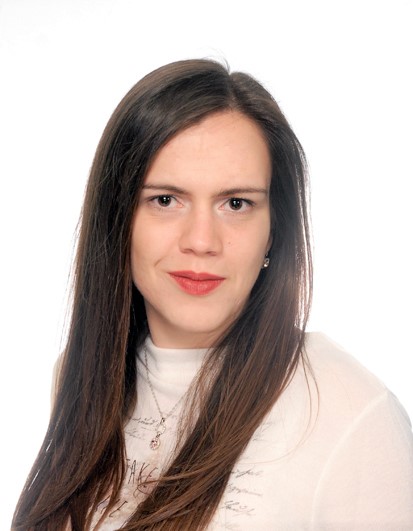Maja Milosevic from the University of Belgrade (Serbia) will conduct research in the field of PEM Water Electrolysis, of which the details can be found on our “Research” page. The focus of her research will be on the analysis of anode and cathode catalyst layers during intermittent operation. The main scope is to gain thorough understandings of the catalyst layers degradation in order to optimize the overall cell performance. This project will be realized with partners within HI ERN and outside.
News
Lisa Laa joined our group as visiting researcher!
15 July 2025
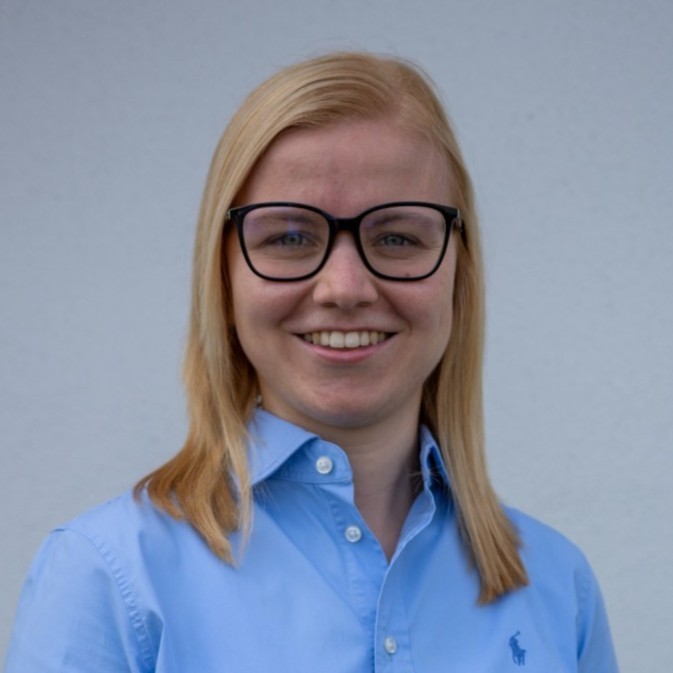
Lisa Laa is a PhD student at the Catalonia Institute for Energy Research (IREC) in Barcelona, focusing on the development of bifunctional catalyst materials for cathodes in zinc-air batteries. She holds a bachelor’s and master’s degree from Vienna University of Technology, where she specialized in applied analytical and physical chemistry. Her research combines the synthesis of material libraries, advanced materials characterization, and machine learning-based modeling to predict material properties. With strong experience in analytical techniques for electrochemical devices, she is eager to broaden her expertise through experimentation and interdisciplinary collaboration.
Dániel joined our group as a PhD student!
11 July 2025
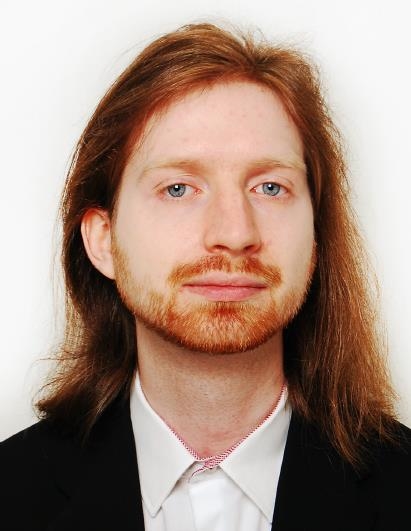
Dániel Hetey is a Ph.D. student from Hungary, where he obtained his master's degree in Materials Science, focusing on colloidal nanosystems and emulsion interfaces. Later, he worked at the University of Vienna as part of ERC DynaMOF, where he investigated potential applications based on the anisotropic properties of Metalorganic Frameworks. He joined the group of Dr. Serhiy Cherevko in July 2025 under the KernKat project to study iridium-based catalysts in acidic media to improve the oxygen evolution process in proton exchange membrane water electrolyzers (PEMWE). To gain a deeper insight into the dissolution mechanism under catalytic conditions, his approach will be based on scanning flow cell inductively coupled plasma mass spectrometry (SFC-ICP-MS) and gas diffusion electrode (GDE) studies.
Tatiana and Joanna attended the 74th Lindau Nobel Laureate Meeting!
9 July 2025
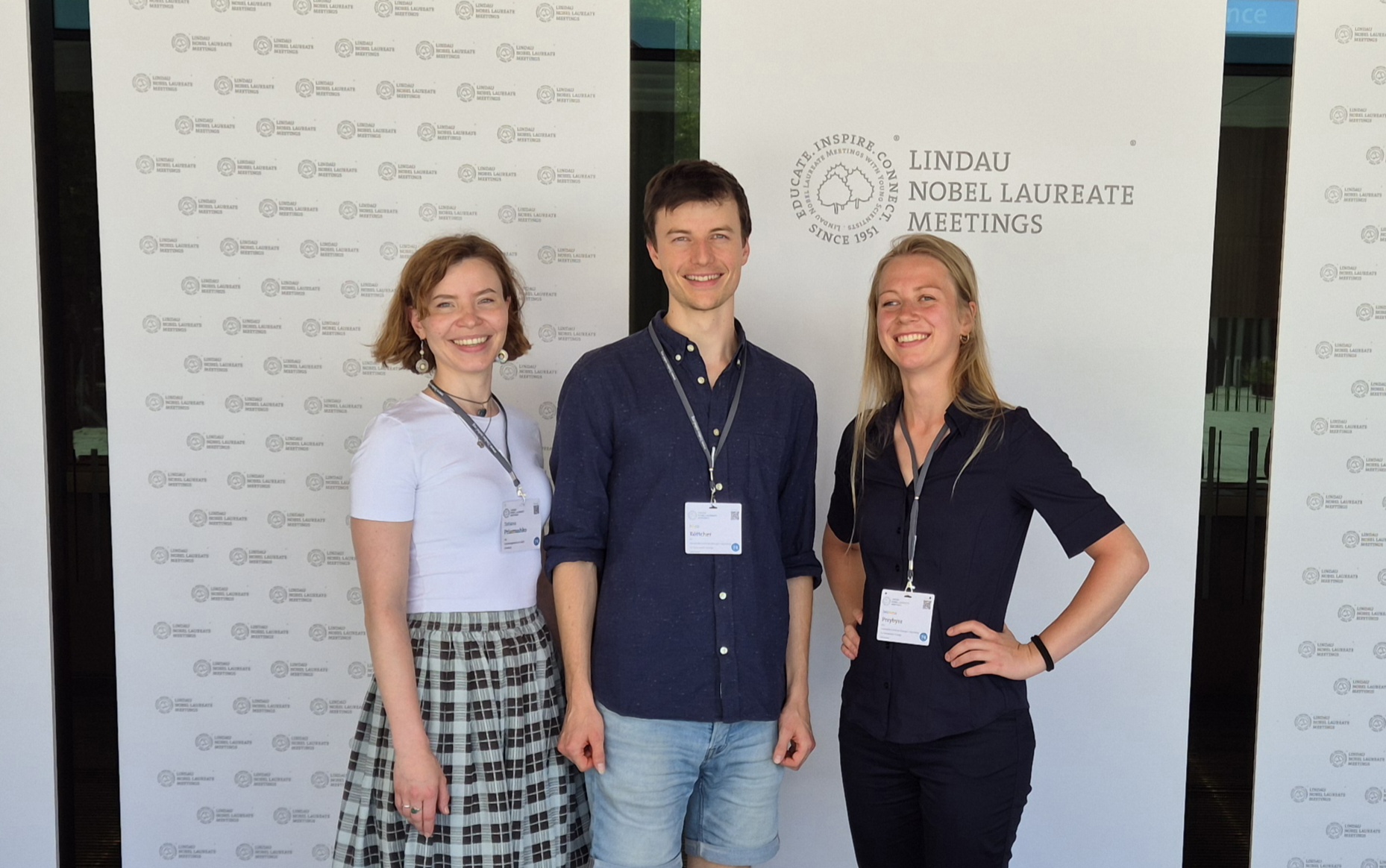
Members of our group and our alumnus, Nico were selected to attend the 74th Lindau Nobel Laureate Meeting in Chemistry, held from 29 June to 4 July 2025 in Lindau, Germany. They joined over 600 promising young scientists and 33 Nobel Laureates for a week of intense scientific exchange and interdisciplinary dialogue.
Prof. Lopes joined us as a visiting researcher!
16 June 2025
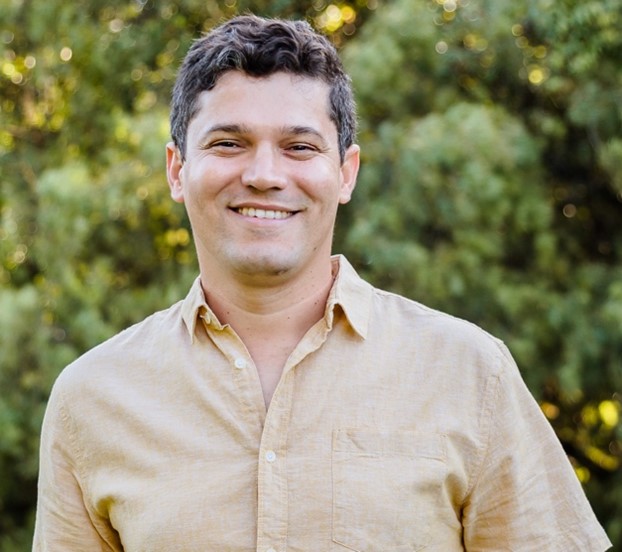
Prof. Osmando Ferreira Lopes from the Federal University of Uberlândia (Brazil) will investigate the degradation mechanisms of electrocatalysts for the electrochemical CO₂ reduction reaction (CO₂RR) during his research stay in our group. His focus lies on understanding metal dissolution processes under operational conditions using online ICP-MS. The visiting research marks the beginning of a long-term collaboration with Federal University of Uberlândia, aiming to advance catalyst stability studies and promote student exchanges in the field of sustainable electrochemical technologies.
Yi-Hsuan Wu joined our group as a PostDoc!
19 May 2025
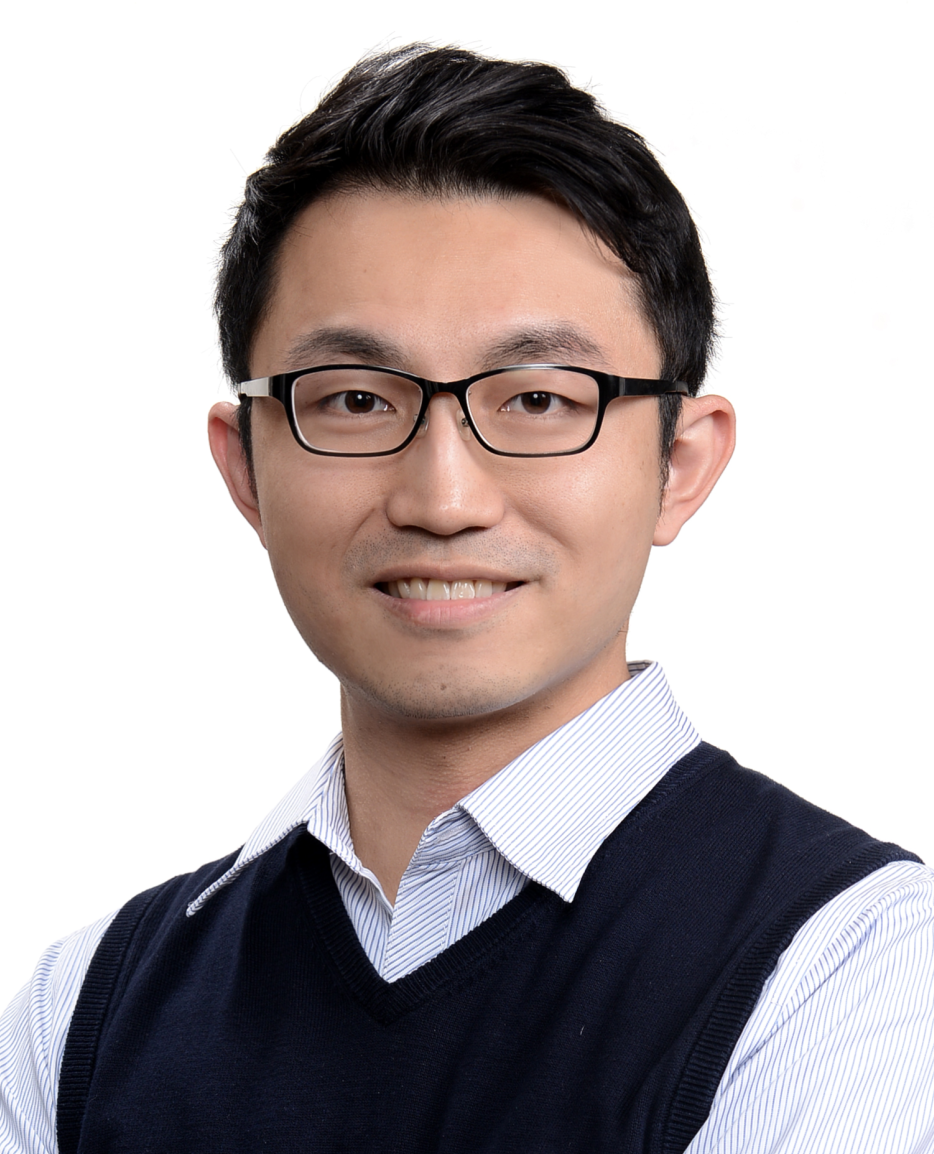
Yi-Hsuan acquired the D.Sc. in ETH Zurich in 2025 under supervision from Prof. Christoph R. Müller, where he developed metal-oxide (photo)electrocatalysts for energy conversion and biomass-derivative valorization.
He joined Dr. Serhiy Cherevko’s group in April 2025 and plans to start the Humboldt fellowship from August 2025 in search of combining diverse developed techniques in HIERN for expanding knowledge in the intrinsic stability of electrocatalysts and gas-diffusion-layer-scale studies.
Welcome, Yi-Hsuan!
Matija Marinič joined us as a Master's student!
14 May 2025
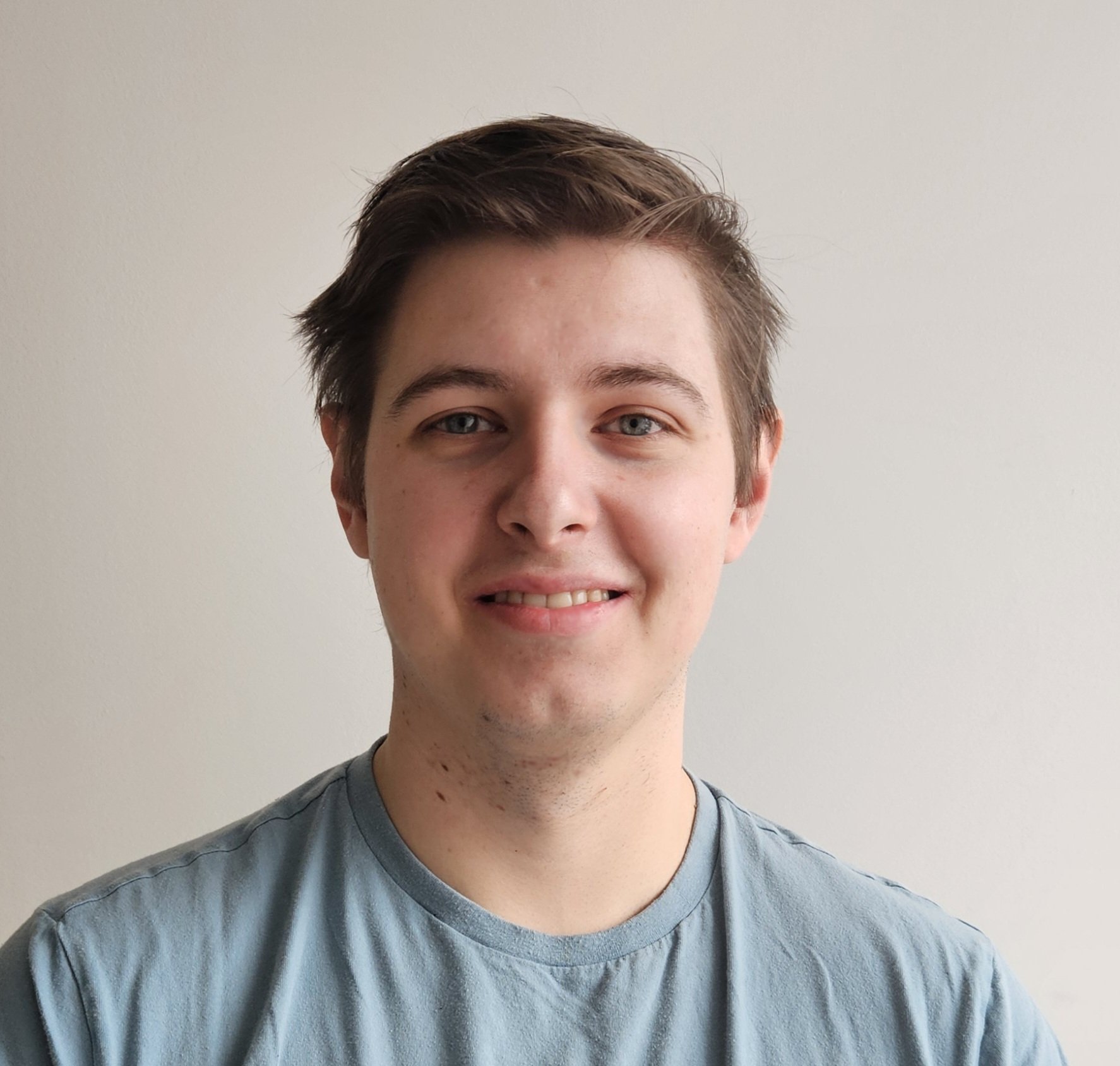
Matija is a Master’s student from the University of Ljubljana, Faculty of Chemistry and Chemical Technology, currently completing my thesis as part of an Erasmus exchange at Friedrich-Alexander-Universität Erlangen-Nürnberg, in collaboration with the Helmholtz Institute Erlangen-Nürnberg for Renewable Energy (HI ERN). His research is focused on studying nickel-iron catalysts for the oxygen evolution reaction in alkaline conditions, using gas diffusion electrodes (GDE). Overall the project involves evaluation of catalyst activity and stability under conditions ranging from laboratory-scale to those representative of industrial alkaline water electrolysis.
Prof. Gabriel da Silva joined us as visiting professor!
4 February 2025
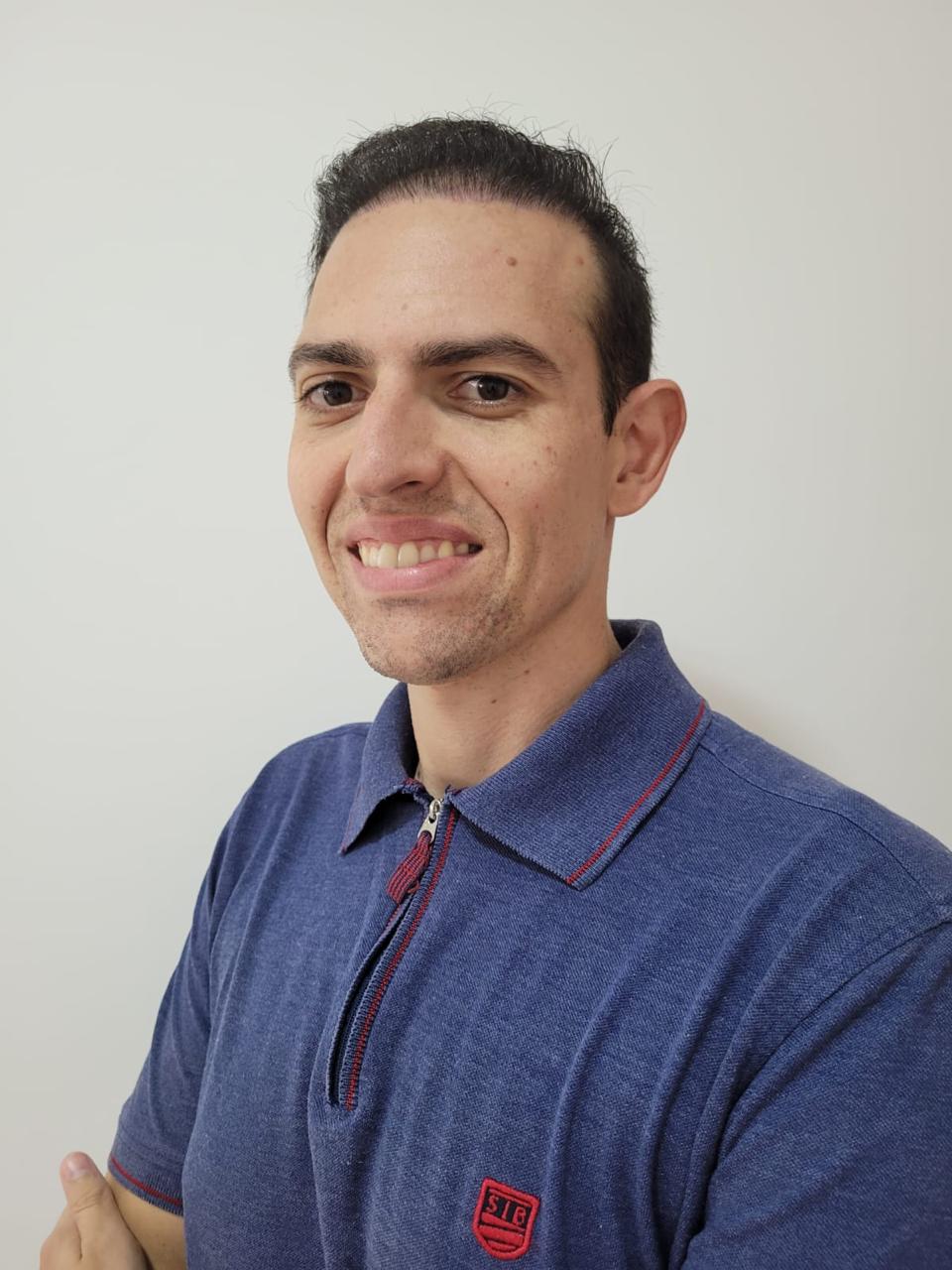
Prof. Gabriel da Silva from the Federal University of Viçosa (Brazil) will research different electrochemical systems during his stay in our group. The visiting professorship is the basis for a long-term research cooperation with Brazil in the field of renewable energies.
The Best Oral Presentation Award at the HYCELTEC2024 conference won by Moritz Geuß!
9 July 2024
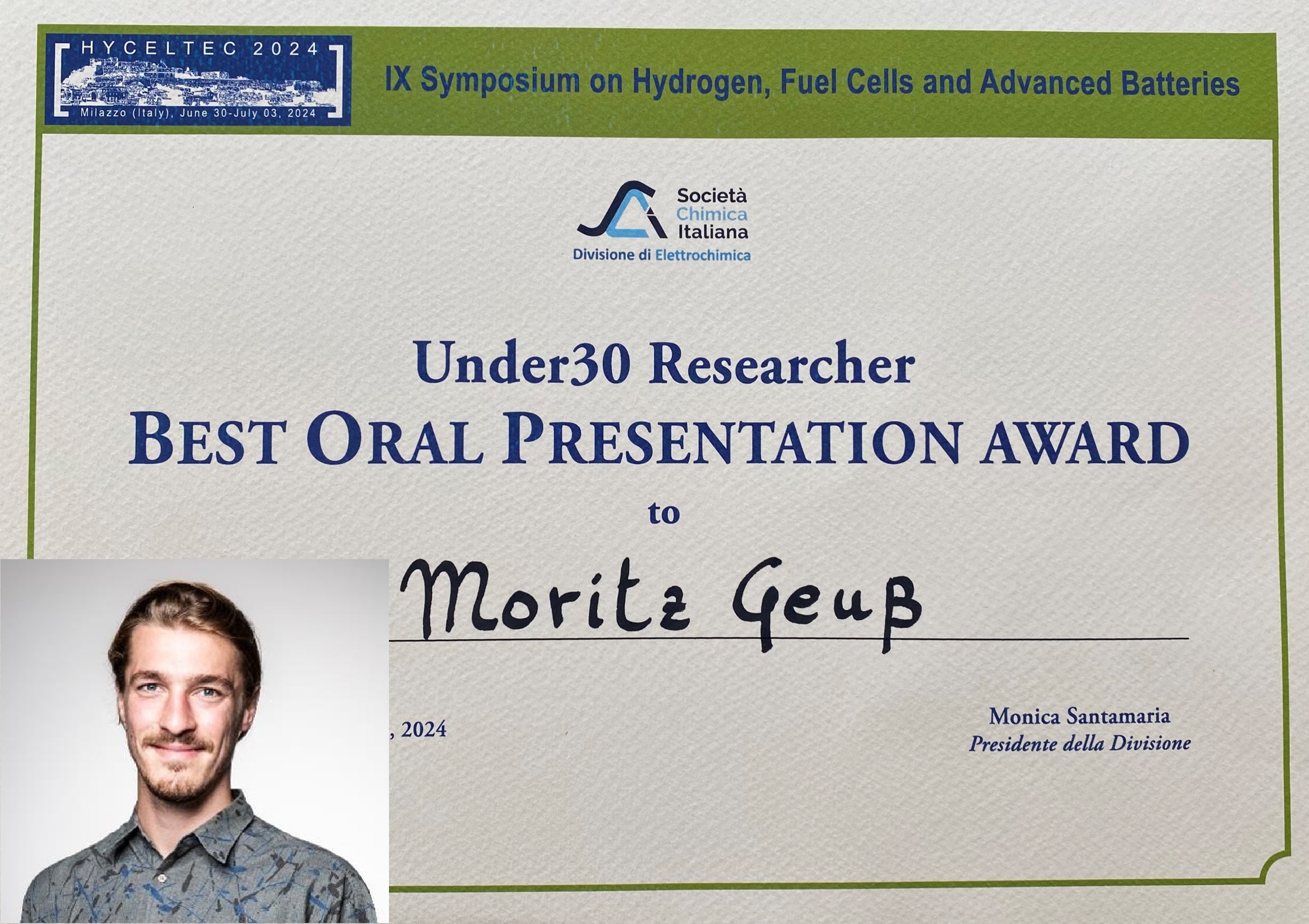
Moritz's presentation about the quantification of Ir dissolution using a GDE setup was awarded a "Best Oral Presentation Award" at the HYCELTEC2024 conference in Milazzo, Italy. In his research, Moritz shows that a GDE half-cell setup can be used to quantify Ir dissolution from real catalyst layers relevant to PEMWE conditions. However, challenges still exist. A publication on the awarded research will hopefully be accepted and shared with the community soon!
The Best Poster Award won by Carolin Sophie Igel in the 8th Baltic Electrochemistry Conference
3 May 2024

Carolin Sophie Igel attended the 8th Baltic Electrochemistry Conference hosted by the University of Tartu, Estonia. Her work on “Activity and Dissolution Stability of Ir/Ru- based Electrocatalysts Tested in a Model Proton Exchange Membrane Water Electrolyzer " won the Best Student Poster Award!
Cornelius Simon joined us as a Bachelor student!
15 March 2024
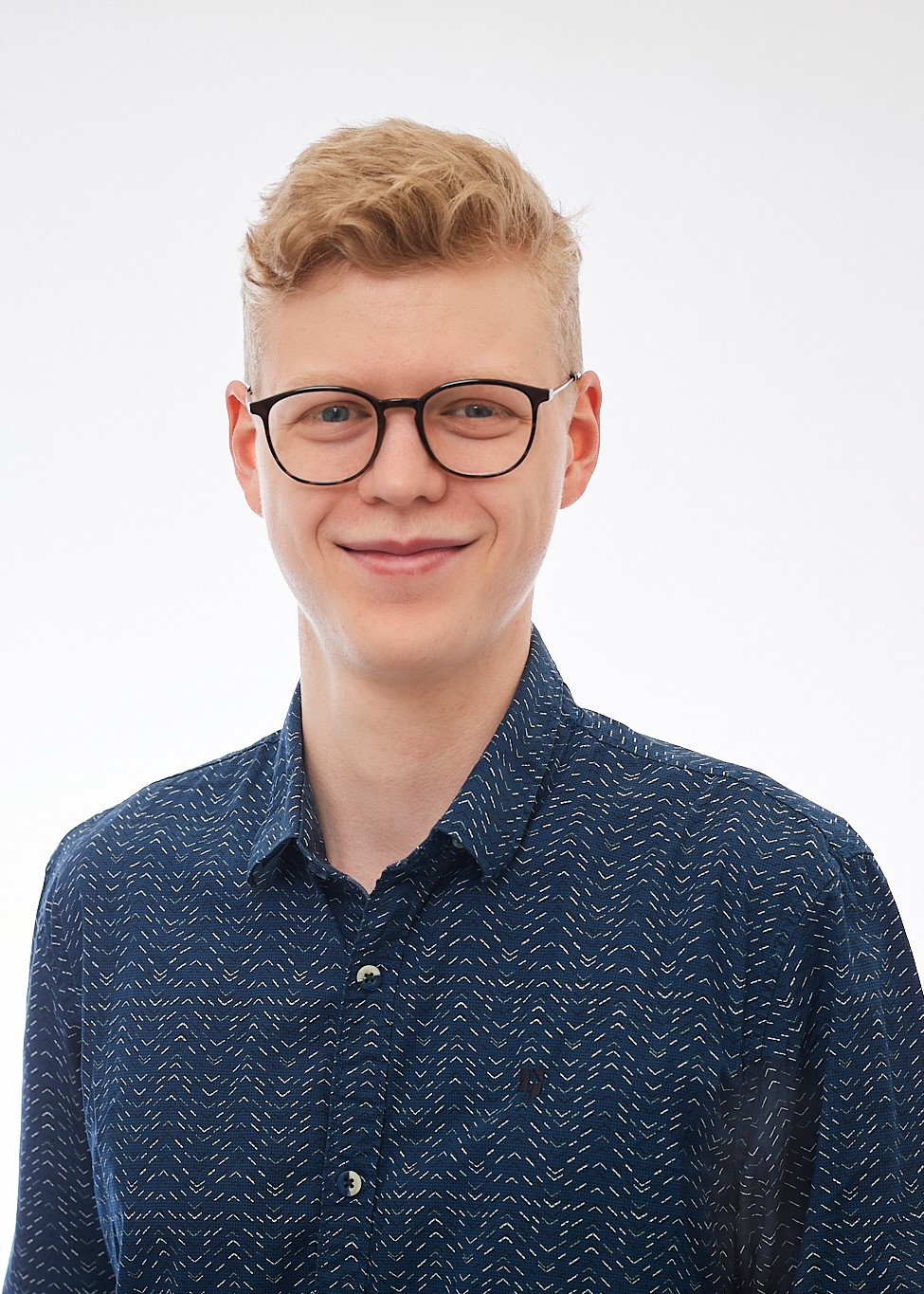
Cornelius Simon, a bachelor student in Chemical Engineering - Sustainable Chemical Technologies at the FAU in Erlangen, joined the group to conduct his bachelor thesis under the supervision of Matej Zlatar.
Using the Rotating Ring Disk Electrode (RRDE) and the Scanning Flow Cell (SFC) coupled to an Inductively Coupled Plasma Mass Spectrometer (ICP-MS), Cornelius will study the electrochemical activity and stability of Ir catalysts during the Oxygen and Chlorine Evolution Reaction.
His work will be based on his previous experience as a research assistant with Matej Zlatar.
Pamella Rodrigues joined us as our new visiting researcher!
8 February 2024
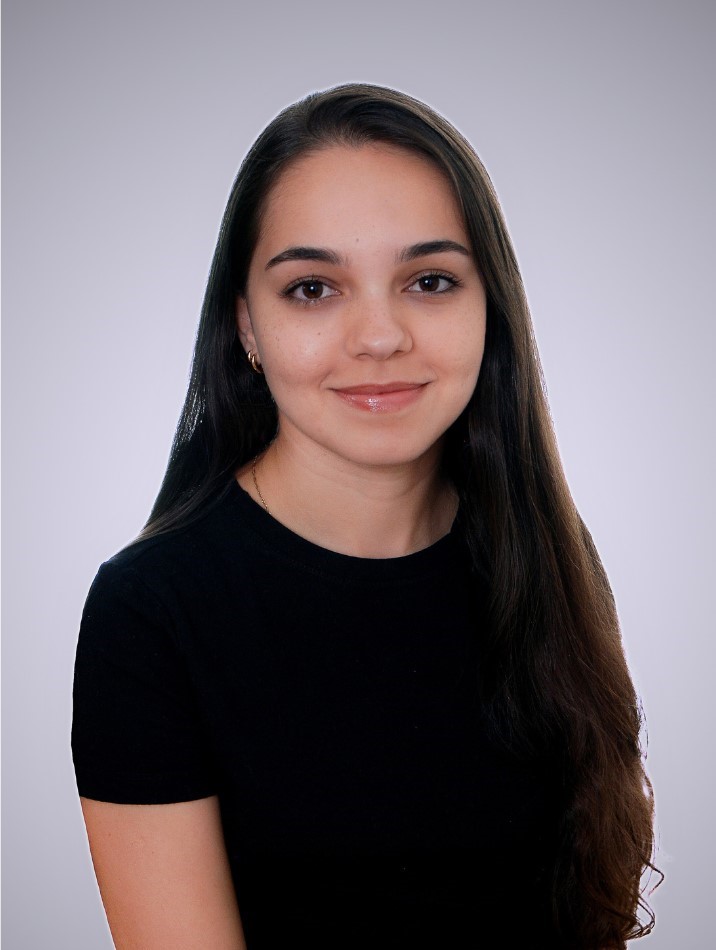
Pamella Rodrigues is Brazilian and a Ph.D. student at the University of São Paulo, working in the Electrochemistry Group in Brazil, and will carry out a doctoral research internship in the Electrochemical Energy Conversion group (ECC) with a Research Internship Abroad Grant (BEPE) granted by the São Paulo Research Foundation (FAPESP) for one year, starting in February 2024.
Her current Ph.D. project focuses on investigating the catalytic activity of nickel selenide-based catalysts for water electrolysis. Now, joining the ECC group at Helmholtz Institute Erlangen-Nürnberg for Renewable Energy (HI-ERN), she plans to deepen her knowledge regarding the stability of materials through online techniques using ICP-MS.
Our latest study on backing electrode degradation during OER is now published in ACS Catalysis!
1 December 2023
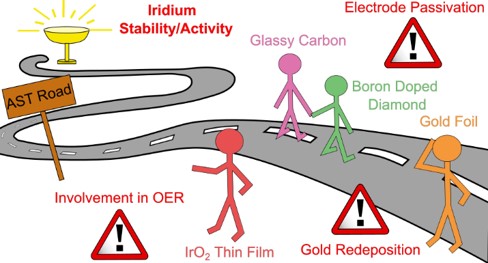
Title: Standardizing OER Electrocatalyst Benchmarking in Aqueous Electrolytes: Comprehensive Guidelines for Accelerated Stress Tests and Backing Electrodes
In this study, we explore the complex interplay of backing electrode degradation mechanisms and accelerated stress test conditions during the oxygen evolution reaction. Our findings not only shed light on these mechanisms but also set the stage for more effective benchmarking strategies for future catalysts. By proposing optimal testing conditions and backing electrodes, we're contributing to the development of standardized testing protocols. This brings us a step closer to improving catalyst lifetime estimation, a crucial factor in advancing real-world applications.
We thank all the collaborators for contributing to this work, which is now published in ACS Catalysis and is openly accessible: https://lnkd.in/gUudFjnK
28 November 2023
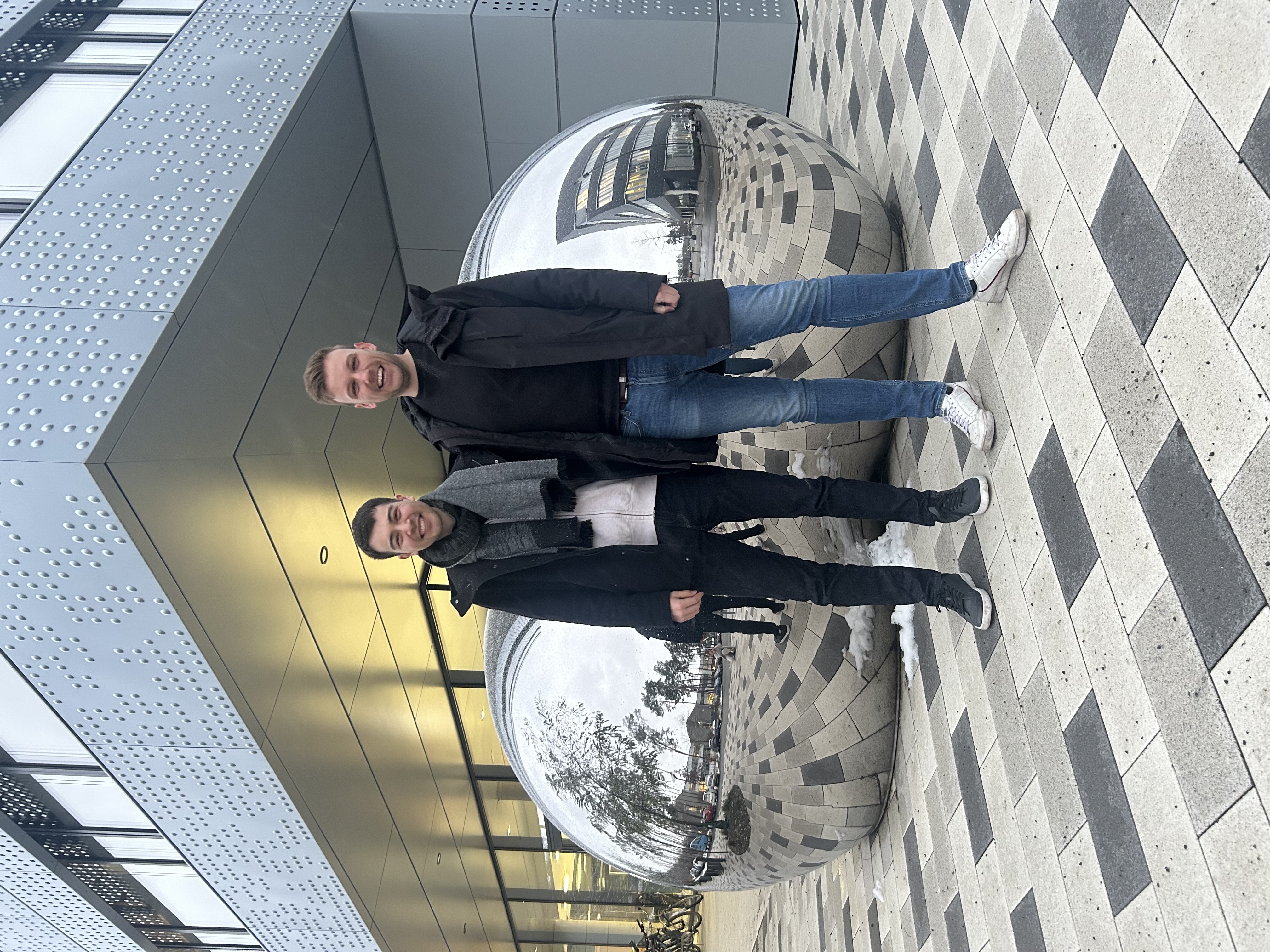
Pascal will visit Prof. Iryna Zenyuk at the University of California Irvine, where he will work on ionic-liquids-filled catalyst layer pores for fuel cells. The idea is to improve conductivity and mass transport so that the durability and high efficiency of energy materials for fuel cells can be maximized.
Ken will visit Prof. John Gregoire at the California Institute of Technology, where he will work on data-driven methods to accelerate electrocatalyst discovery via autonomous experimentations.
We wish both of them good luck and a fruitful experience.
Joanna Przybysz joined us as a Master student!
1 May 2023
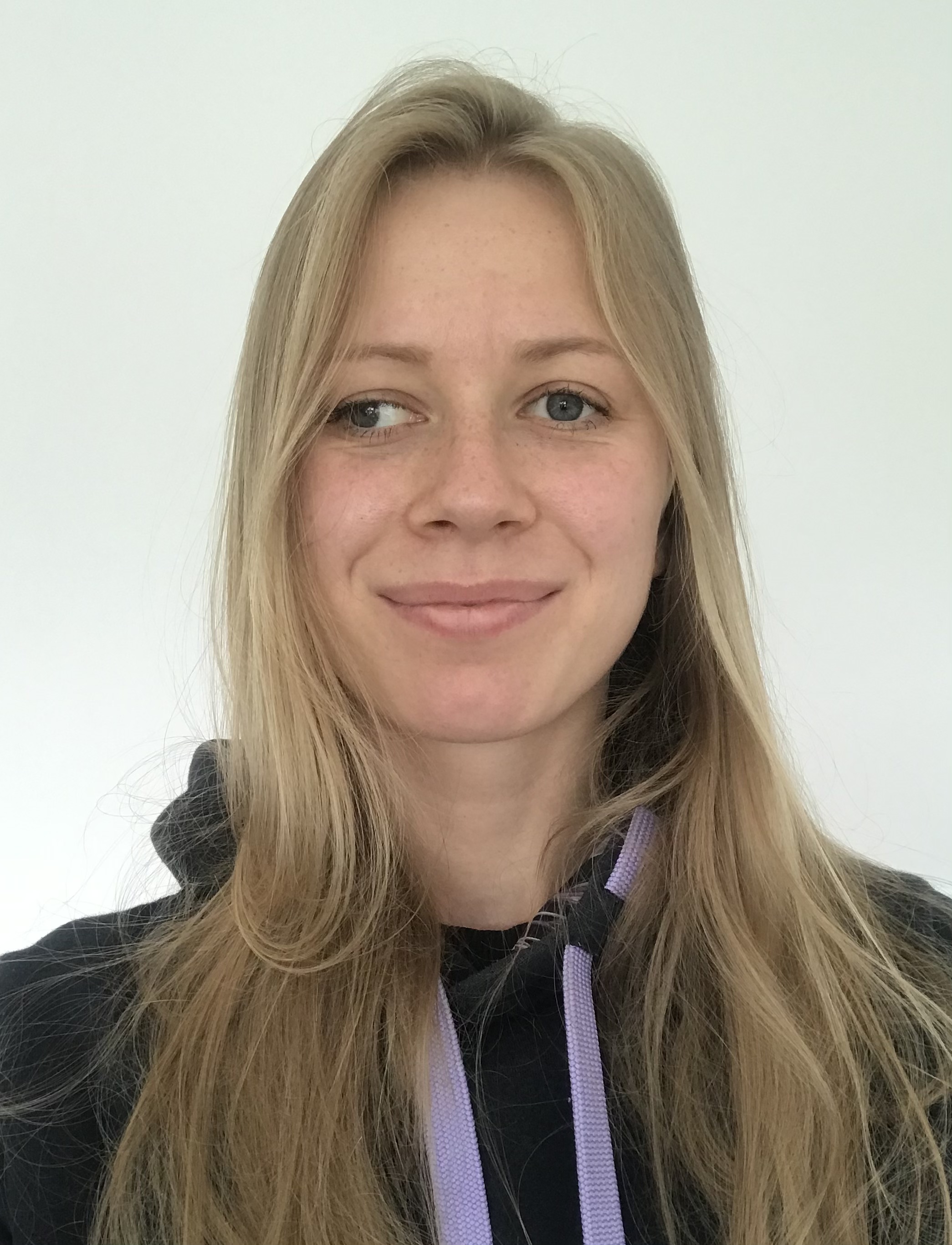
Joanna Przybysz is a master's student in Advanced materials and processes at the Friedrich Alexander Universität Erlangen-Nürnberg. Her thesis is focused on the high-throughput synthesis of model IrxCo1-xOy electrocatalysts for the oxygen evolution reaction in acidic media. By careful electrode surface preparation and optimization of the metal precursor ink composition, she aims to produce high-quality patterned catalytic thin films suitable for electrochemical activity and stability screening using the scanning flow cell (SFC) coupled to an inductively coupled plasma mass spectrometer (ICP-MS).
The Best Poster Award won by Tuani Carla Gentil in the 34th Topical Meeting of the ISE
23 March 2023
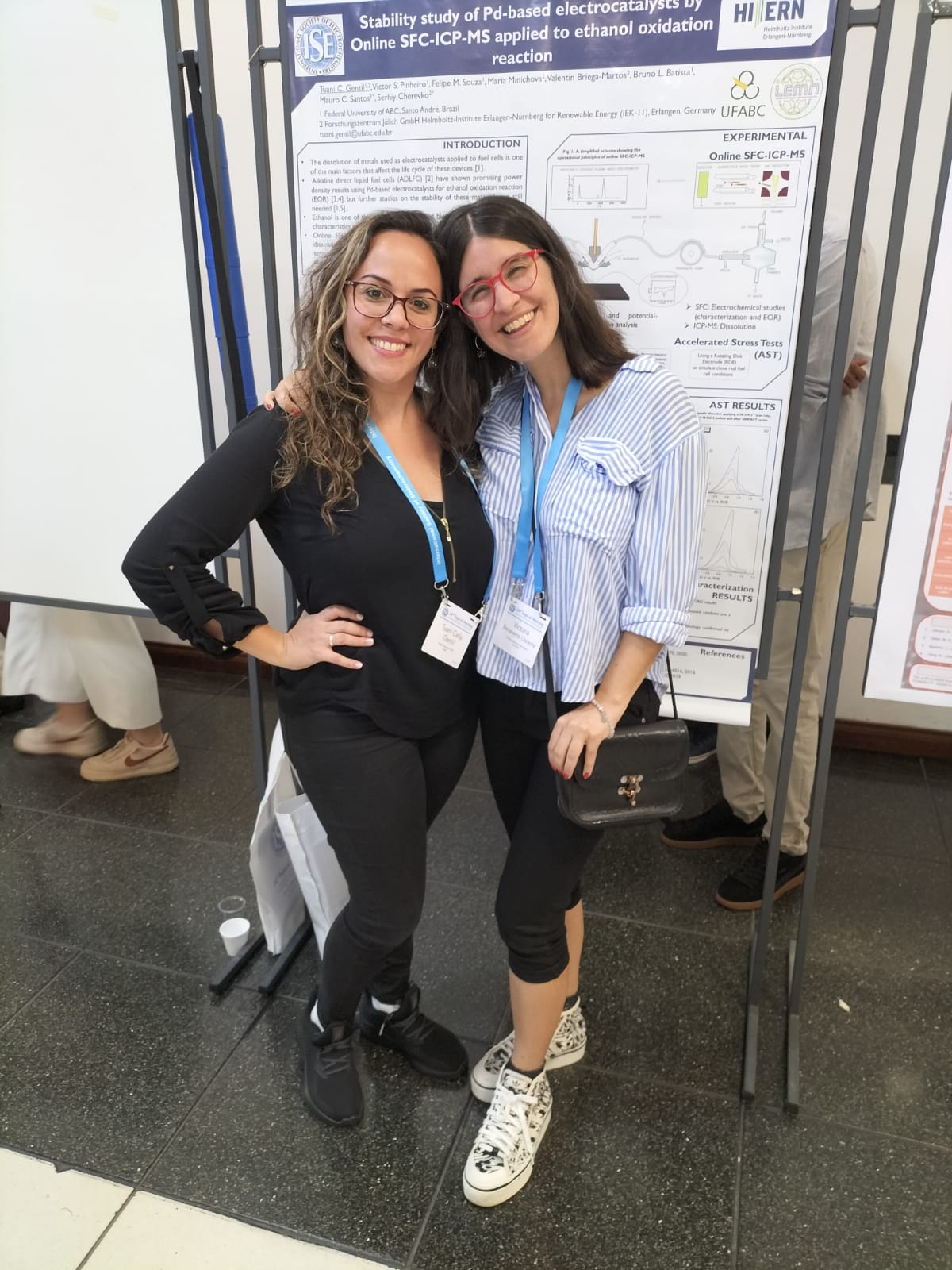
Our visiting researchers last year, Dr. Victoria Benavente Llorente and Tuani Carla Gentil, participated in the 34th Topical Meeting of the International Society of Electrochemistry in Mar del Plata, Argentina. Especially, Tuani' s work with us "Stability study of Pd-based electrocatalysts by Online SFC-ICP-MS applied to EOR" won the Best Poster Award! Congratulations!
Lucía Morales joined our group as a new Master student!
7 March 2023
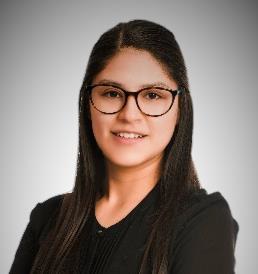
Lucía Morales, a student of the M.Sc. Advanced Materials and Processes at FAU in Erlangen, is joining the group to carry on her master thesis. The topic will complement the research of different catalyst layers (CL) of low Pt metal proton exchange membrane fuel cells (PEMFC) using the in-house built Gas Diffusion Electrode (GDE) in collaboration with Pascal Lauf, a Ph.D. candidate from our group.
But what’s new? The project will go into further analysis of the performance of the ORR reaction when changing the Pt carbon support (non-porous and porous) of the CL. Thus, bridging the gap between fundamental and applied research of PEMFC by checking the reaction over the range of relevant FC potentials and current densities thanks to the use of the GDE setup.
Ken has been selected for the HIDA Trainee Network!
17 February 2023
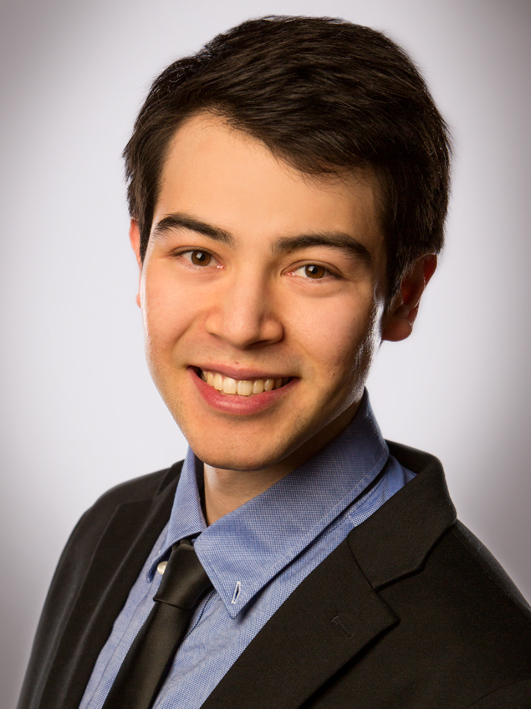
Being selected for the Trainee Network of the Helmholtz Information & Data Science Academy (HIDA), Ken will learn and apply machine learning methods that can be used in the context of material optimization, so-called Bayesian optimization. It is an active learning strategy that can also build the foundation for self-driving laboratories. The exchange will be conducted at the Karlsruhe Institute of Technology (KIT) in the AiMat group led by Prof. Dr. Pascal Friederich.
Konrad successfully defended his PhD thesis
16 December 2022
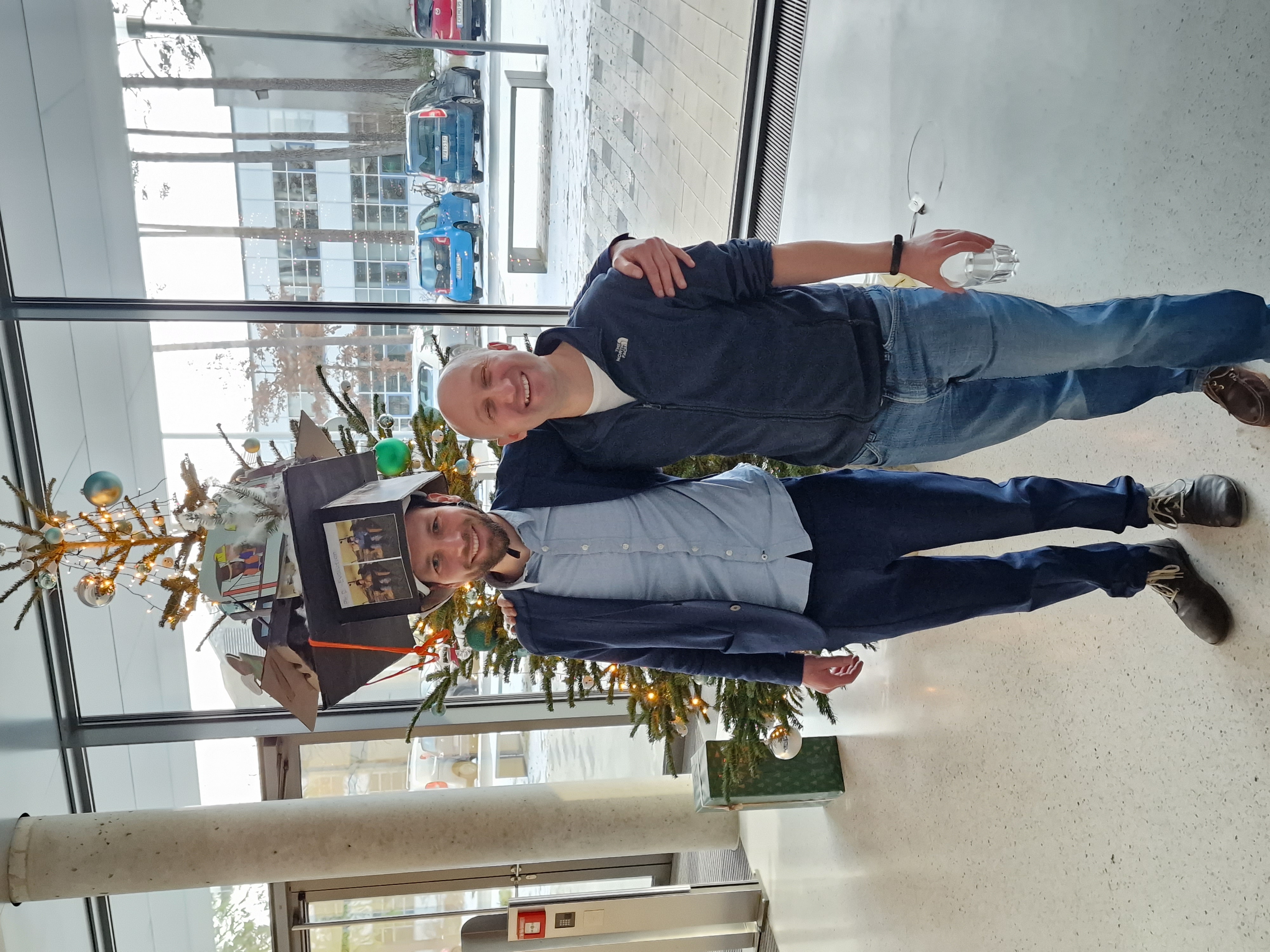
Congratulations to Konrad, who defended his Ph.D. thesis entitled "Bridging the gap between fundamental and applied fuel cell electrocatalysis using gas diffusion electrodes". With this, five exciting and successful years come to an end. We are grateful that with his work, he set a profound basis for more GDE half-cell research to come in our group, and we wish Konrad all the best for his upcoming steps.
Carolin Igel joined our group as a new Master student!
21 October 2022
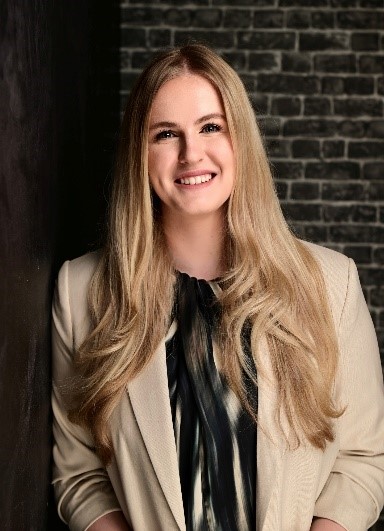
Carolin Igel from the Technische Hochschule Nürnberg will conduct research in the field of Proton Exchange Membrane Water Electrolysis (PEMWE), of which the details can be found on our “Research” page. The focus of her Master thesis will be the investigation of the activity-stability relationship of iridium/ruthenium anode catalysts in PEMWE. This research will be conducted in collaboration with Maja Milosevic, a PhD candidate from the group.
Visiting researcher Dr. Kavita Kumar also joined our group!
13 September 2022

Kavita Kumar obtained her Ph.D. in Electrochemistry from the University of Poitiers (France) in 2017 under the direction of Prof. K. Boniface Kokoh, Dr. Têko W. Napporn and Dr. Aurélien Habrioux. During her Ph.D., she mostly focused on the preparation of transition metal oxides deposed onto graphene-based materials for catalyzing oxygen reduction and evolution reactions (ORR & OER) in alkaline media. Since 2018, she is post-doctoral research associate in the Interfacial Electrochemistry and Processes group of the LEPMI, Grenoble (France), headed by Dr. Frédéric Maillard. Her current research interests mostly lie on the structure-activity-stability relationships of platinum group metal-free catalysts for oxygen electrocatalysis.
Kavita will investigate the degradation of Fe-N-C electrocatalysts during the ORR in alkaline media using mass spectrometry (ICP-MS). A deeper understanding of the stability of Fe-N-C is important to develop mitigation strategies for sustainable energy devices.
Our visiting researcher Dr. Dyovani Coelho just joined us!
12 September 2022
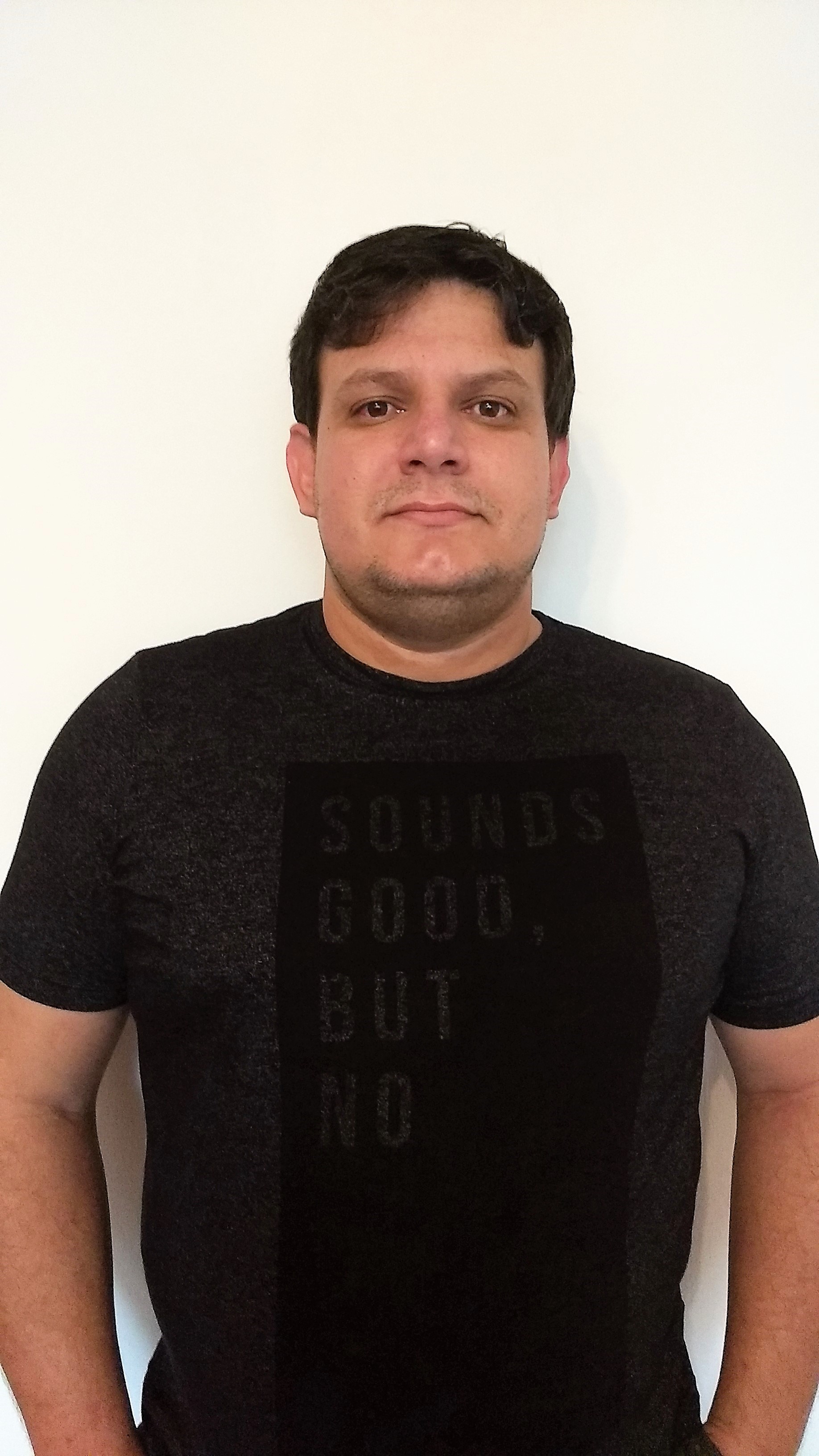
Dr. Dyovani Coelho is from Brazil and was granted with a Sao Paulo Foundation Research fellowship to do a postdoctoral research internship at the EEC group from September/2022 to August/2023.
Dyovani received his Ph.D. at the University of Sao Paulo, Brazil. His thesis was focused on the underpotential deposition of Bi, Pb, and Cu on electrodeposited selenium film. After that, he began his postdoctoral at the Federal University of Sao Carlos where he studied the use of photoelectrocatalysts based on BiVO4 and WO3 to water oxidation. Now he is investigating the hydrogen evolution reaction (HER) and oxygen evolution reaction (OER) on metal phosphides based on Ni, Co, and Fe and the morphological and composition changes that follow the reactions. To do that, he will track the process by Scanning Flow Cell online with Inductive Coupled Plasma Mass Spectrometry (SFC-ICP-MS). The synthesis of new catalysts must pass through an intense investigation aiming strategies to produce inexpensive, efficient, and stable electrolyzers.
Kamyar Parsi joined us as a new master student!
8 September 2022
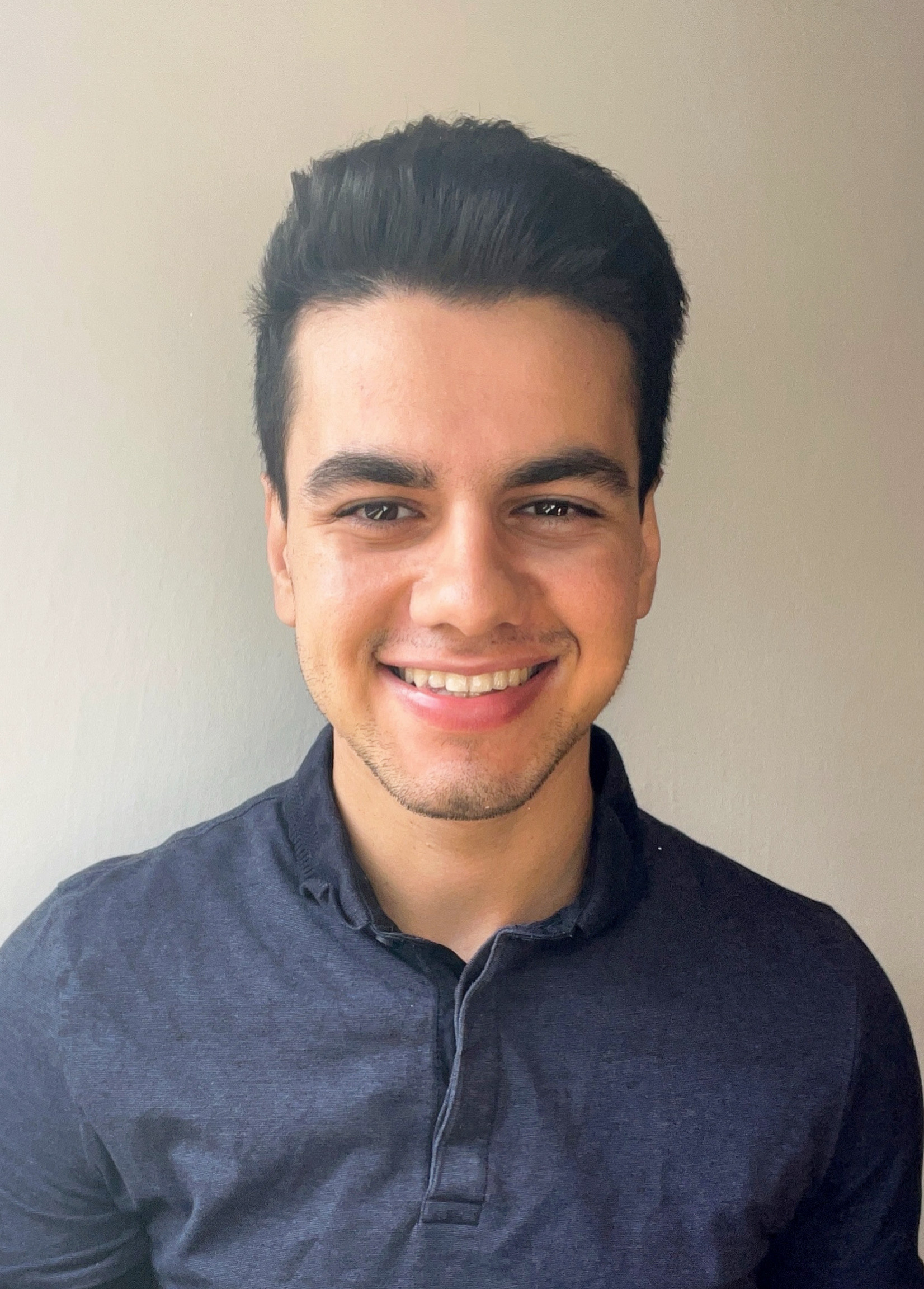
Kamyar Parsi is a master student in Process Engineering at the Hochschule Offenburg who is joining the team to conduct his master’s thesis.
His master’s thesis will focus on the investigation of Silver as a catalyst for the purpose of carbon dioxide reduction reaction (CO2RR) by implementing a gas diffusion electrode (GDE) setup. To do so, he will investigate the pH and current density dependence of silver catalyst and its stability during the process using a scanning flow cell (SFC) coupled with an on-line inductively coupled plasma mass spectrometer (ICP-MS).
Yunsheng Qiu joined our team as a PhD student!
23 August 2022
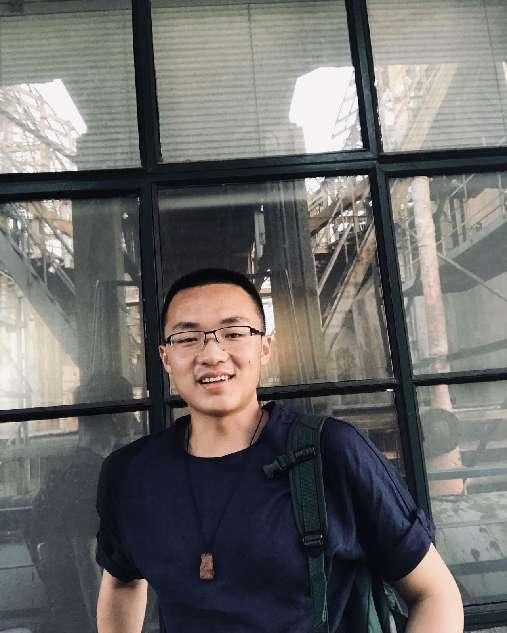
Yunsheng Qiu, a doctoral candidate from the research group of CLINT (Catalysis at Liquid Interfaces; CRT 1452), joined our group in August 2022.
Yunsheng received his M.Sc. in Material Sciences at the Chinese Academy of Sciences, focusing on the efficient catalyst design for the electrochemical processes of CO2RR/ORR/OER/HER. For his research here, Yunsheng will be focusing on accessing the stability of organic/ionic-liquid modified interface under electrocatalytic conditions. The interested metallic catalyst surfaces are monocrystalline facets.
Daniel and Konrad will attend the upcoming Lindau Nobel Laureate meeting!
6 May 2022
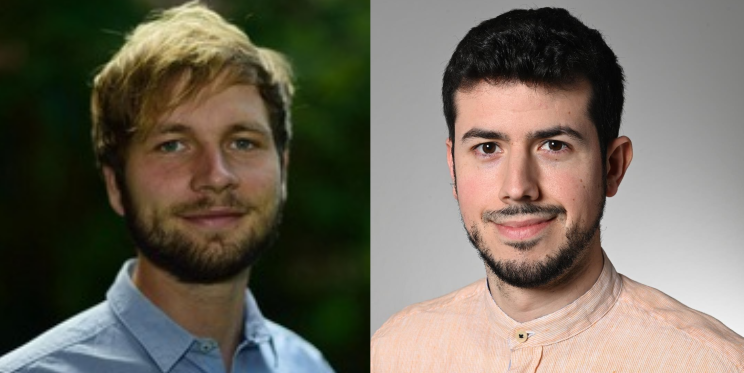
The Lindau Nobel Laureate meetings, founded in 1951, are one of the most prestigious meetings for Early Career Researchers. After a thorough two-step selection process, we are proud to announce that both Daniel Escalera López and Konrad Ehelebe will be taking part in the 71st Nobel Laureate Meeting dedicated to Chemistry taking place from June 26th to July 1st in Lindau. Lindau Meetings aim to attract the best young scientists in the world to interact about the most pressing topics in their field, giving room to network, inspire, and “exchange generations, cultures and disciplines”. For that, they will have the opportunity to do with along with 30 Nobel Laureates! Wish you both an exciting time in Lindau, and even better discussions for future ideas!
Daniel and Ken got an ECS Travel Grant Award!
6 May 2022
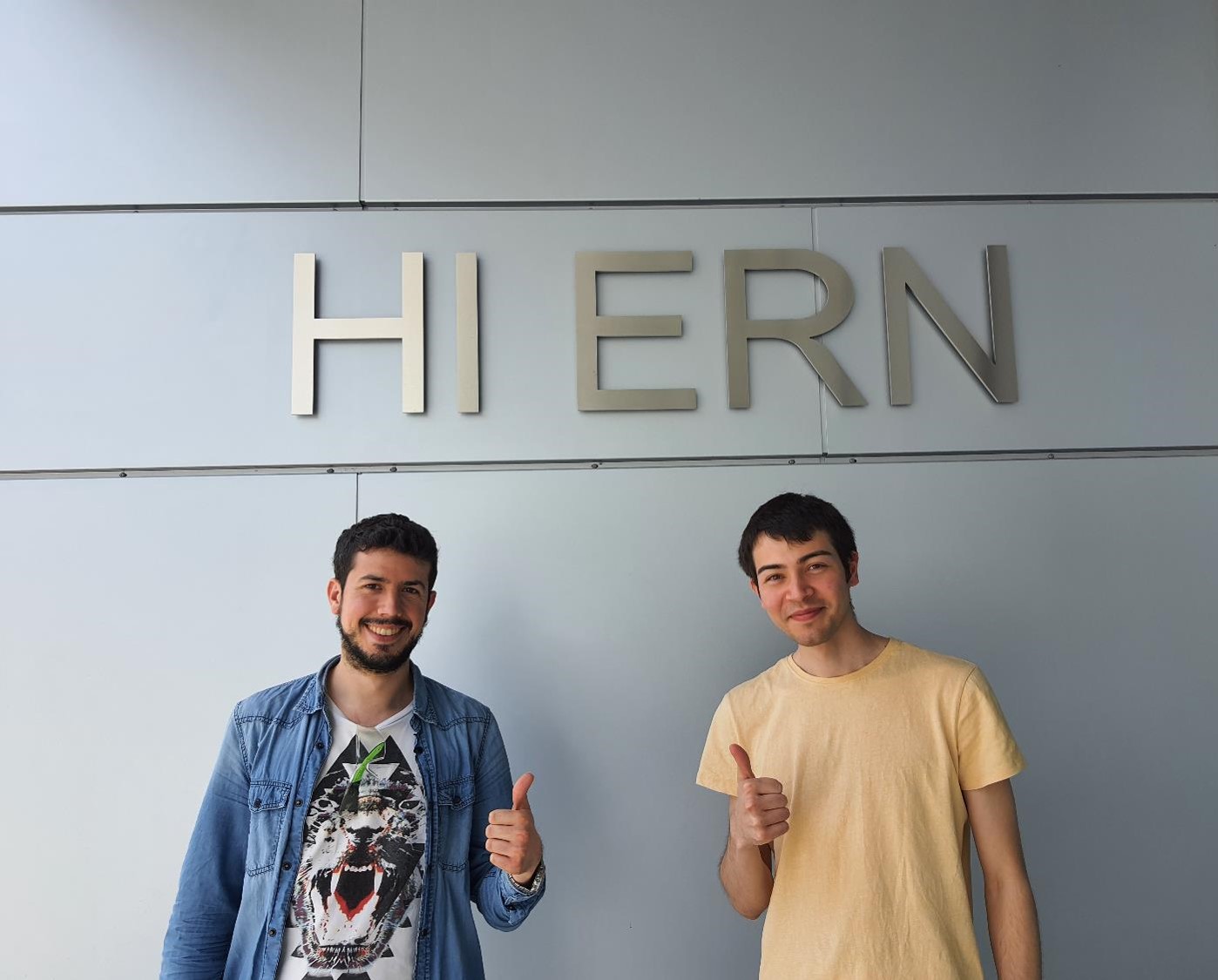
We were pleased to get the news that Daniel and Ken were awarded by the “Energy Technology” and “Physical and Analytical Electrochemistry” divisions of the Electrochemical Society (ECS) an individual travel grant to present their work at the upcoming 241st ECS Meeting. The conference will be taking place in Vancouver (May 29th-June 2nd) and will be the first on-site ECS annual meeting after the two-year hiatus imposed by the coronavirus pandemic. If you want to learn more about what Daniel and Ken will be presenting, please follow the links below:
https://ecs.confex.com/ecs/241/meetingapp.cgi/Paper/157853
https://ecs.confex.com/ecs/241/meetingapp.cgi/Paper/154750
We wish both the best of luck with their presentations, and we hope they get the most out of the meeting!
Alexandre Nozadze joined our group as a bachelor student!
1 April 2022
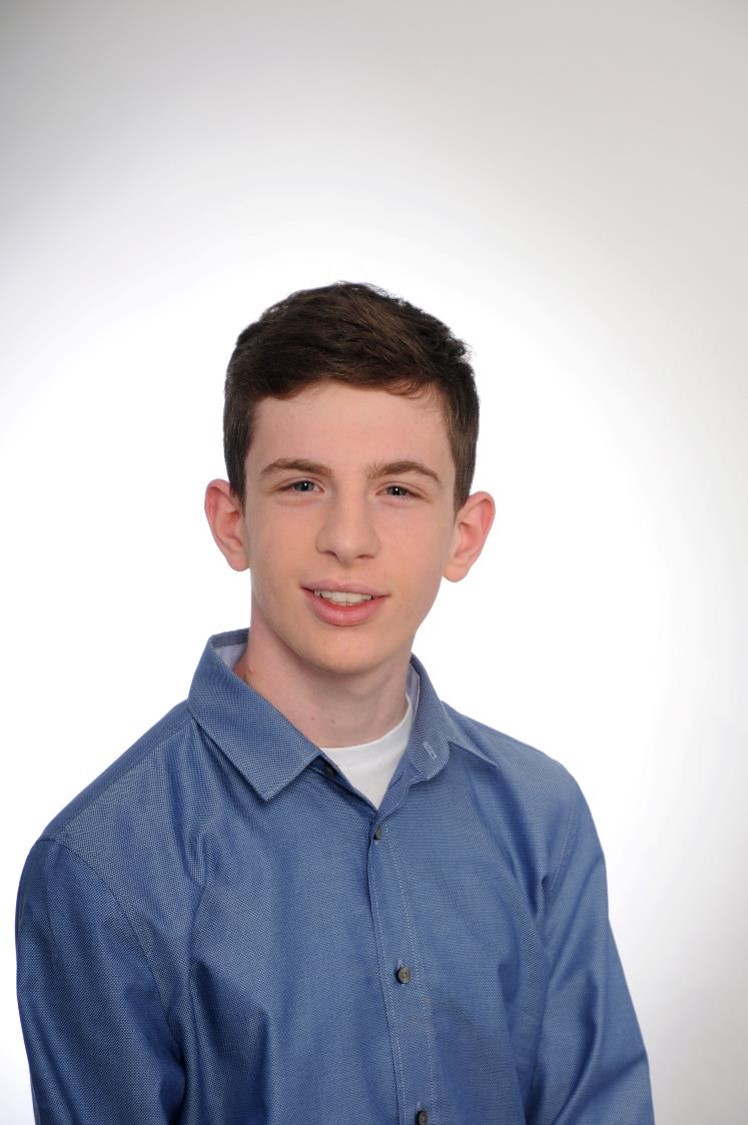
Alexandre Nozadze is a bachelor student in material science at the Friedrich-Alexander-University Erlangen-Nürnberg.
After getting his first insights into electrochemistry during an exchange semester at the ETH Zürich, he will now join our group for his bachelor thesis.
Within the GDE sub-team, he will investigate Pt electrocatalysts with solid and porous carbon supports using the gas diffusion electrode (GDE) setup.
Our ACS Energy Letters paper is a highly read article!
3 March 2022
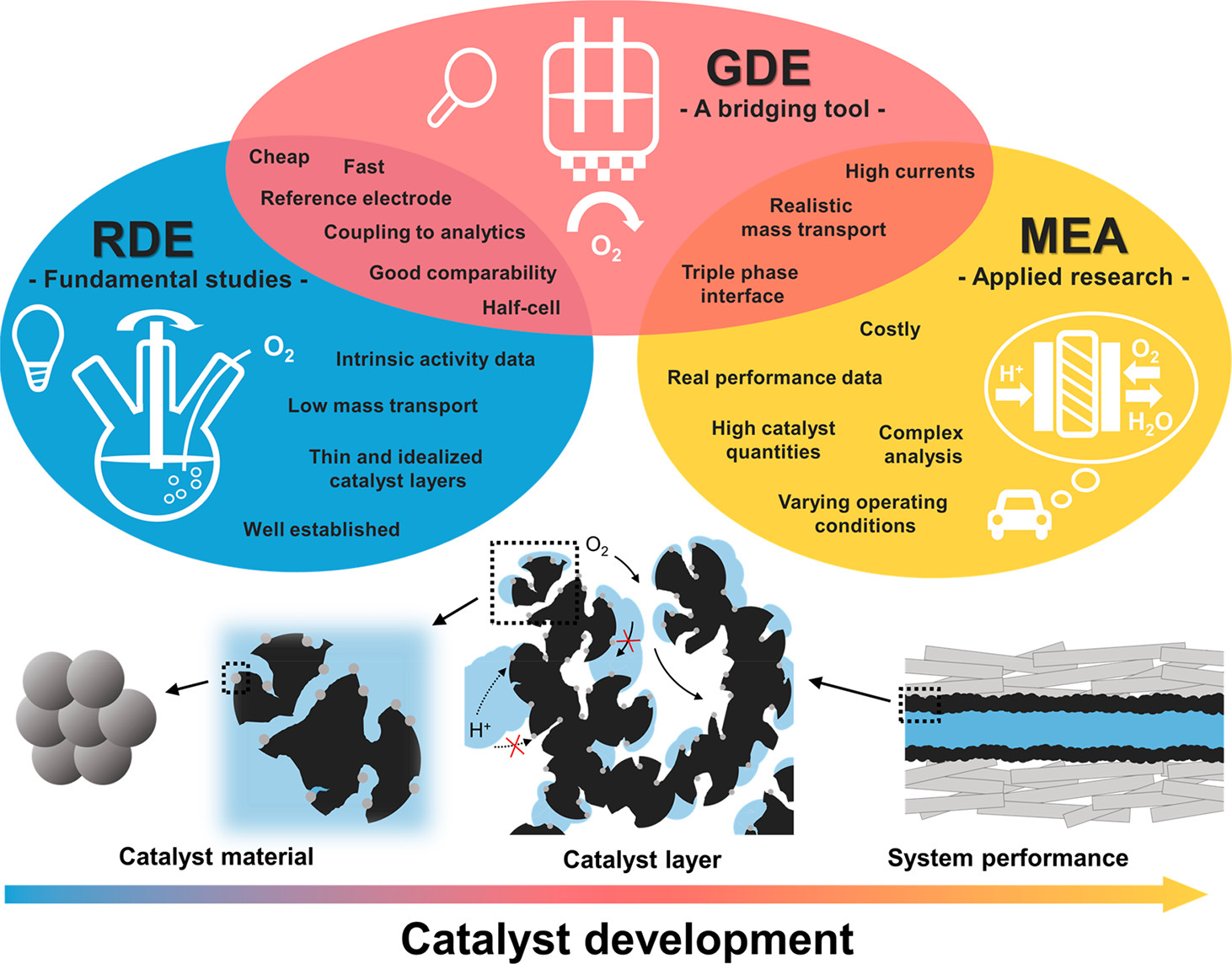
Check here! Our new publication in ACS Energy Letters "Benchmarking fuel cell electrocatalysts using gas diffusion electrodes: Inter-lab comparison and best practices" is among the most read articles!
Tuani Carla Gentil joined us as a guest researcher!
1 March 2022
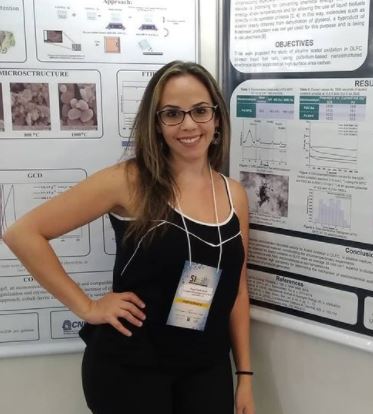
M.Sc. Tuani Carla Gentil is performing a research internship abroad scholarship (BEPE) for Ph.D. students funded by the Research Support Foundation of the State of São Paulo – FAPESP, and she has joined us in March 2022. Tuani received her M.Sc. in Universidade Federal do ABC, Brazil. During her dissertation, she focused the study on the addition of CeO2-nanorods in hybrid electrocatalysts based on PtSn for ethanol oxidation reaction in acid media. Her doctoral research is related to development of nanostructured electrocatalysts based on Pt, Pd, and low-cost oxides for energy and environment applications, and in her research at HI-ERN she will evaluate the dissolution of electrocatalysts based on palladium, supported by high surface area carbon, destined for the anode of alkaline direct liquid cells. Thus, she will study the stability of these electrocatalysts by means of accelerated stress tests using a rotating ring disk electrode (RRDE) to evaluate the dissolution of metals which will be investigated quantitatively using a microelectrochemical scanning flow cell (SFC) coupled with an inductively coupled plasma mass spectrometer (On-line ICP-MS).
24 January 2022
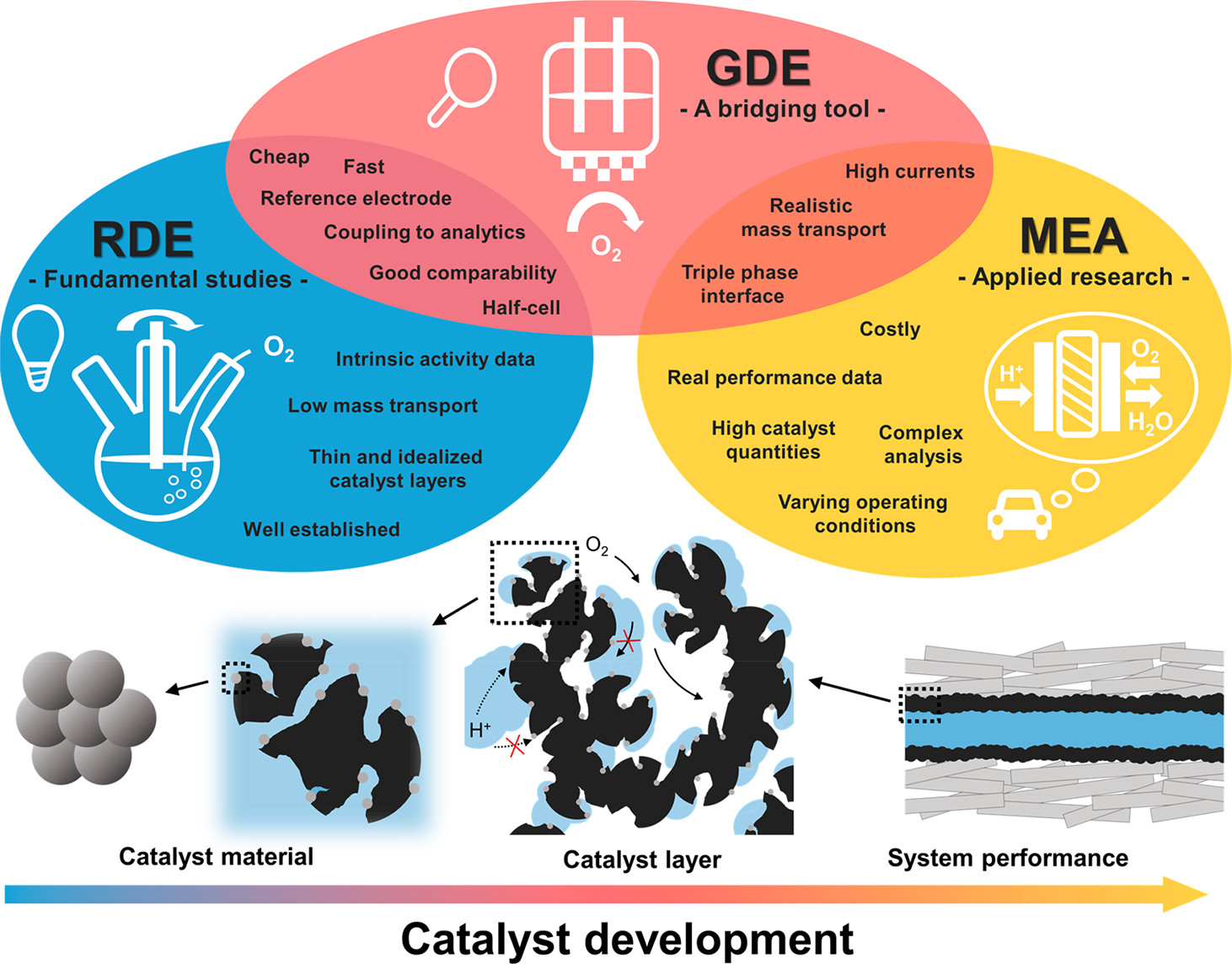
It took us quite some time to bring this work to the end, but now we proudly present our GDE inter-lab comparison in ACS Energy Letters. In this work, we show, that comparable ORR catalyst benchmarking is possible with different GDE half-cells and in various laboratories. We set a benchmark for GDE testing with three commercial catalysts, we propose Best Practices for successful GDE measurements and we compare the various cell designs introduced in the literature so far. A must-read for everyone working on GDE half-cell setups for fuel cell reactions.
More details can be found on ACS Energy Letters.
Successful defenses of our master's students!
24 December 2021

Our master's students, Elisabeth, Marvin, and Nico, have successfully defended their master's theses!
Their topics are the following.
Elisabeth: Evaluation of the pH-dependent activity stability relationships of Ir catalysts for water electrolysis.
Marvin: Modified electrocatalyst interfaces for electrocatalytic applications.
Nico: Evaluation of catalyst layers for anion exchange membrane fuel cells using a gas diffusion electrode half-cell setup.
More details can be found in our future publications!
Tatiana Priamushko just joined our group as a new PostDoc!
8 December 2021
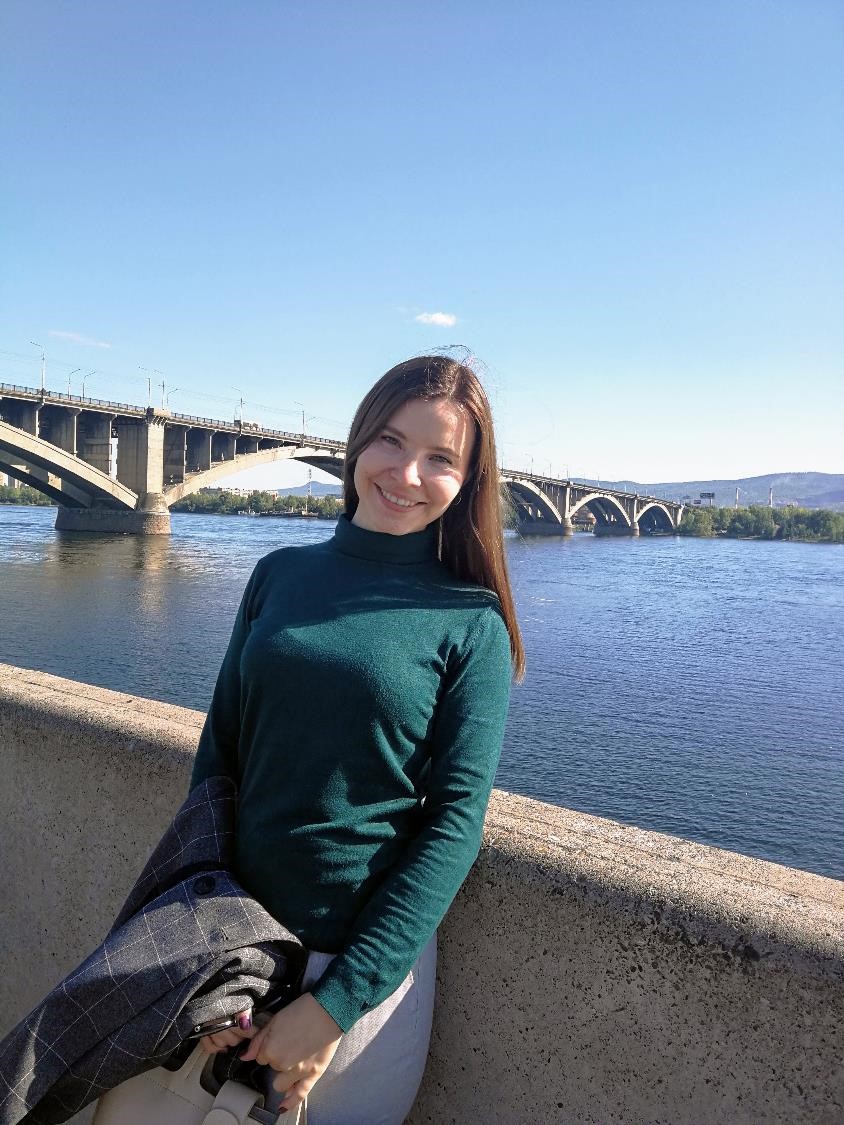
Tatiana Priamushko was doing her PhD in Prof. Freddy Kleitz's group at the Institute of Inorganic Chemistry - Functional Materials at the University of Vienna, Austria. The main focus of her research was the development of the ordered mesoporous mixed transition metal oxides for catalyzing oxygen evolution and reduction reactions.
During her PostDoc research at HI ERN, she will combine her knowledge in materials science with the group's strong expertise in electrochemistry and perform an in-depth investigation of the electrocatalysts.
Welcome, Tatiana!
17 November 2021
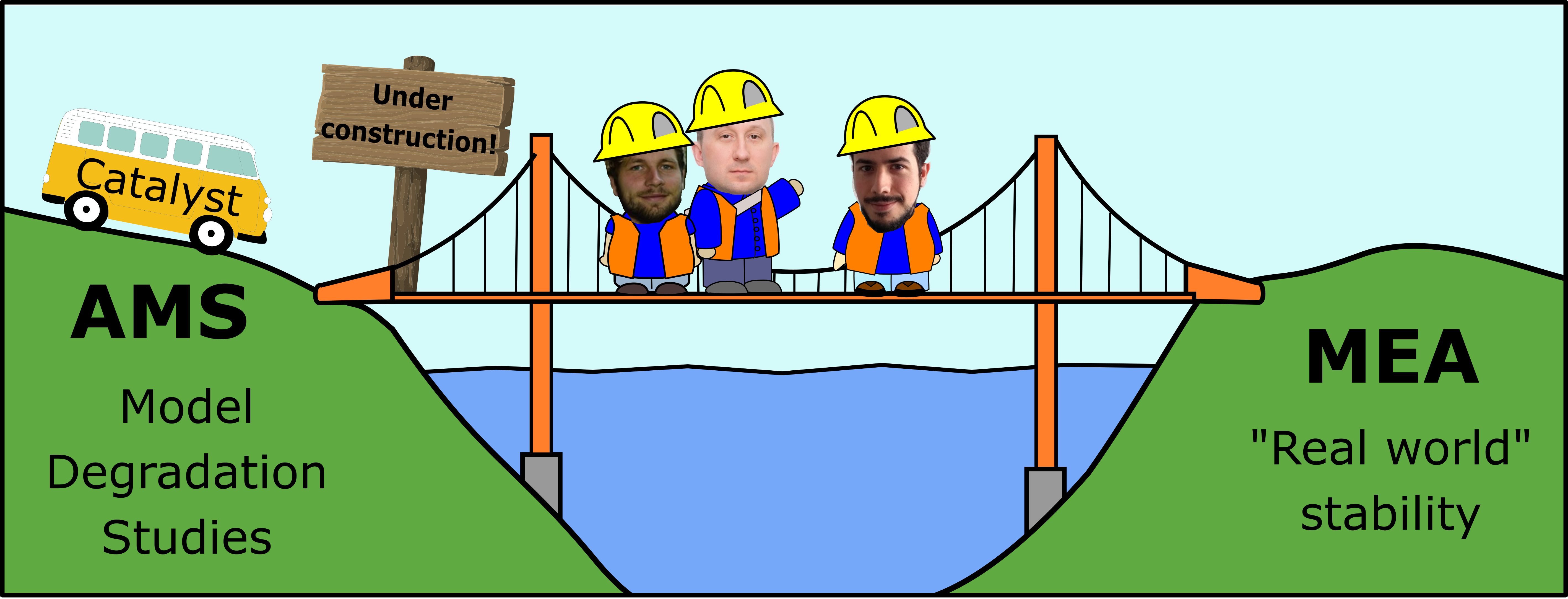
As you can see, we are working hard to build a bridge between degradation studies in aqueous model systems and real-world systems as degradation is pronounced very differently in the two worlds. In this work, we give a short overview on the differences between the two systems and how they affect electrocatalyst degradation. Thereby, we highlight several recent examples of how these effects were studied in the literature.
More details can be found here.
Dr. Florian Speck won the Jülich Excellence Award 2021!
25 October 2021
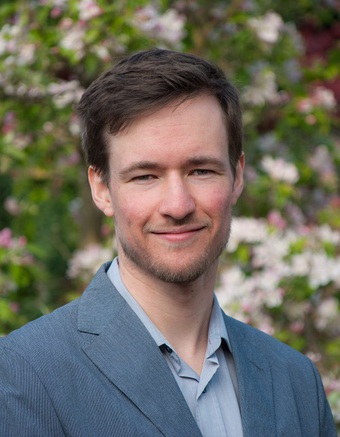
Dr. Florian Speck of Team Electrochemical Energy Conversion received with honor the Jülich Excellence Award 2021 for his extraordinary dissertation on fundamental stability studies on catalysts in fuel cells and electrolyzers.
More details of Dr. Florian Speck's works can be found on his personal page.
More details of the prize can be found on the news page on the HIERN webpage.
21 October 2021
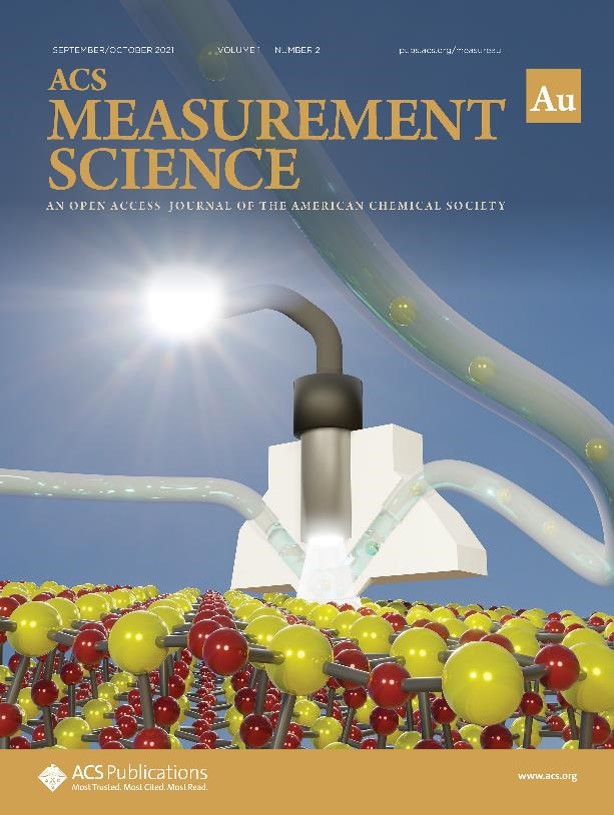
In this study, a photoelectrochemical scanning flow cell connected to an inductively coupled plasma mass spectrometer and equipped with a solar simulator, Air Mass 1.5 G filter, and monochromator was developed. The established system can assess basic photoelectrochemical metrics in a reliable and high-throughput manner as well as the in-situ photocorrosion under realistic light conditions.
More details on our setup development and results can be found here: https://doi.org/10.1021/acsmeasuresciau.1c00016
Ina Reichmann is back with us as our new master student!
9 July 2021
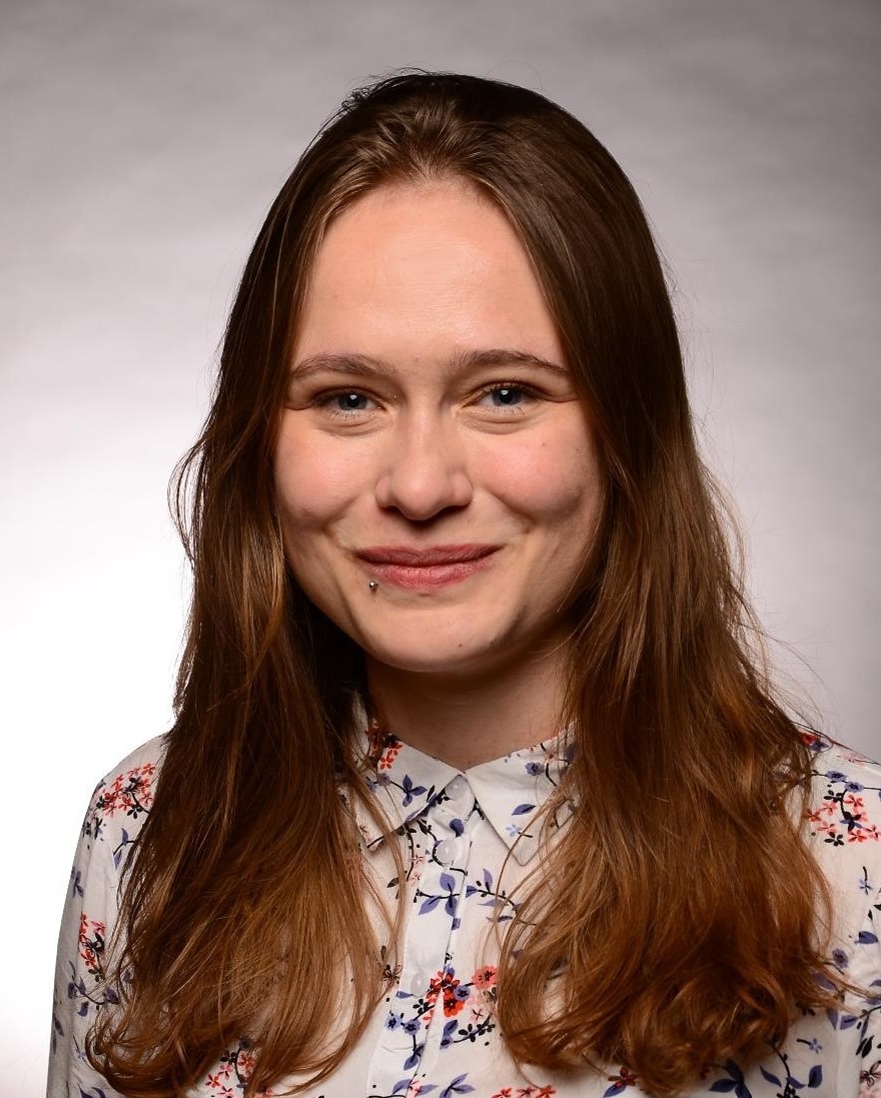
Ina Reichmann is a master student in chemical engineering at the Friedrich-Alexander-University and joins the team to write her master thesis within the OER sub-team.
Her master thesis will aim at broadening our understanding of the degradation of iridium as a catalyst for the oxygen evolution reaction. Specifically, the analysis of the volatile intermediates of OER on Ir/Ru catalysts (thin films and/or nanoparticles) via a Differential Electrochemical Mass Spectrometer (DEMS).
Marvin Gornik joined our group as a master student!
12 May 2021
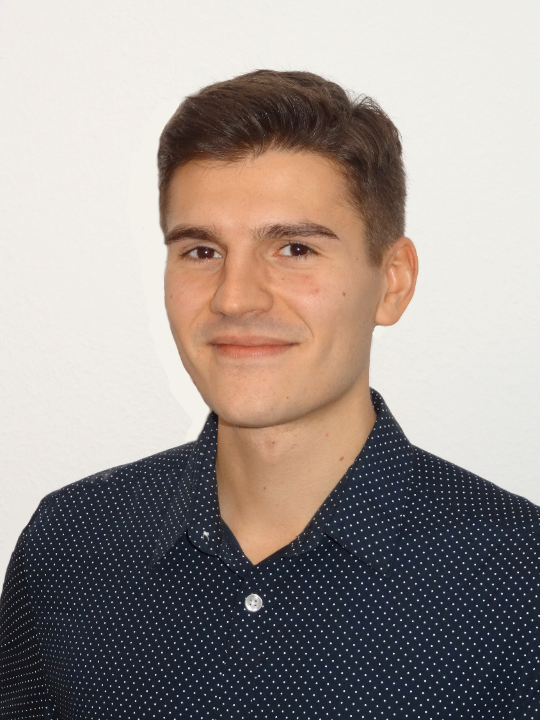
Marvin Gornik from Friedrich-Alexander University Erlangen-Nürnberg is joining our group for his master thesis. He will focus on stability and activity tests of noble metal catalysts for electrooxidation of isopropanol using different polyoxometallates as catalyst mediators. Polyoxometallates have proven to enhance the activity of noble metal catalysts during electrooxidations of alcohols such as methanol or ethanol. However, very less is known about their functioning in isopropanol electrooxidation and their stability. To gain more insights, he will investigate the dissolution of noble metal catalysts modified with polyoxometallates using a scanning flow cell (SFC) coupled with an online inductively coupled plasma mass spectrometer (ICP-MS).
Elisabeth Frömsdorf joined us as a new master student in our OER sub-team!
1 May 2021
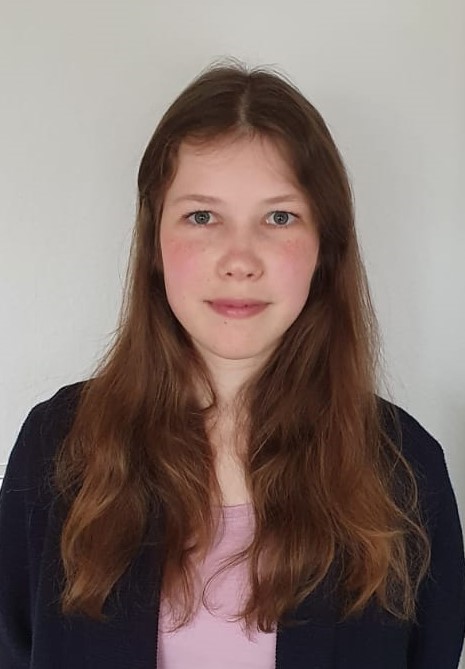
Elisabeth Frömsdorf from Friedrich-Alexander University Erlangen-Nürnberg is joining our group for her master thesis. She will focus on the discrepancies between aqueous model systems (AMS) and membrane electrode assemblies (MEA) in proton exchange membrane water electrolyzer (PEMWE) with iridium based catalysts for oxygen evolution reaction (OER). To do so, she will investigate the pH dependence of stability and activity of iridium oxide catalysts using a scanning flow cell (SFC) coupled with an on-line inductively coupled plasma mass spectrometer (ICP-MS).
Gün Deniz Akkoç joined us as a guest researcher!
21 April 2021
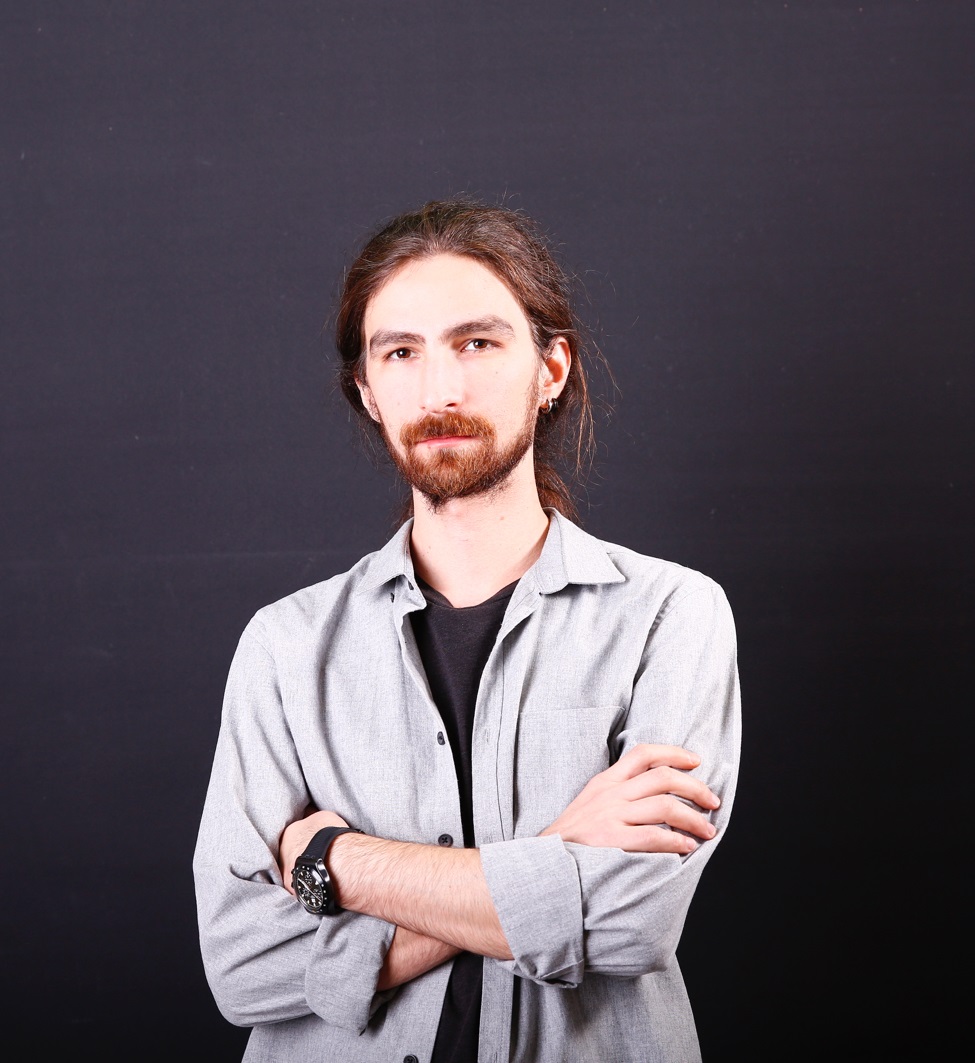
Gün Deniz Akkoç, a chemist from İzmir Institute of Technology (Turkey), has joined our group as a guest researcher. His research focuses on high-throughput screening of multi-metal-oxides for (photo)electrochemical performance and stability. Ultimately, the implementation of machine learning techniques is aimed to both efficiently explore and fine-tune the compositional space while creating a material library along the way.
Julius' new paper was published in Nature Communications!
13 April 2021
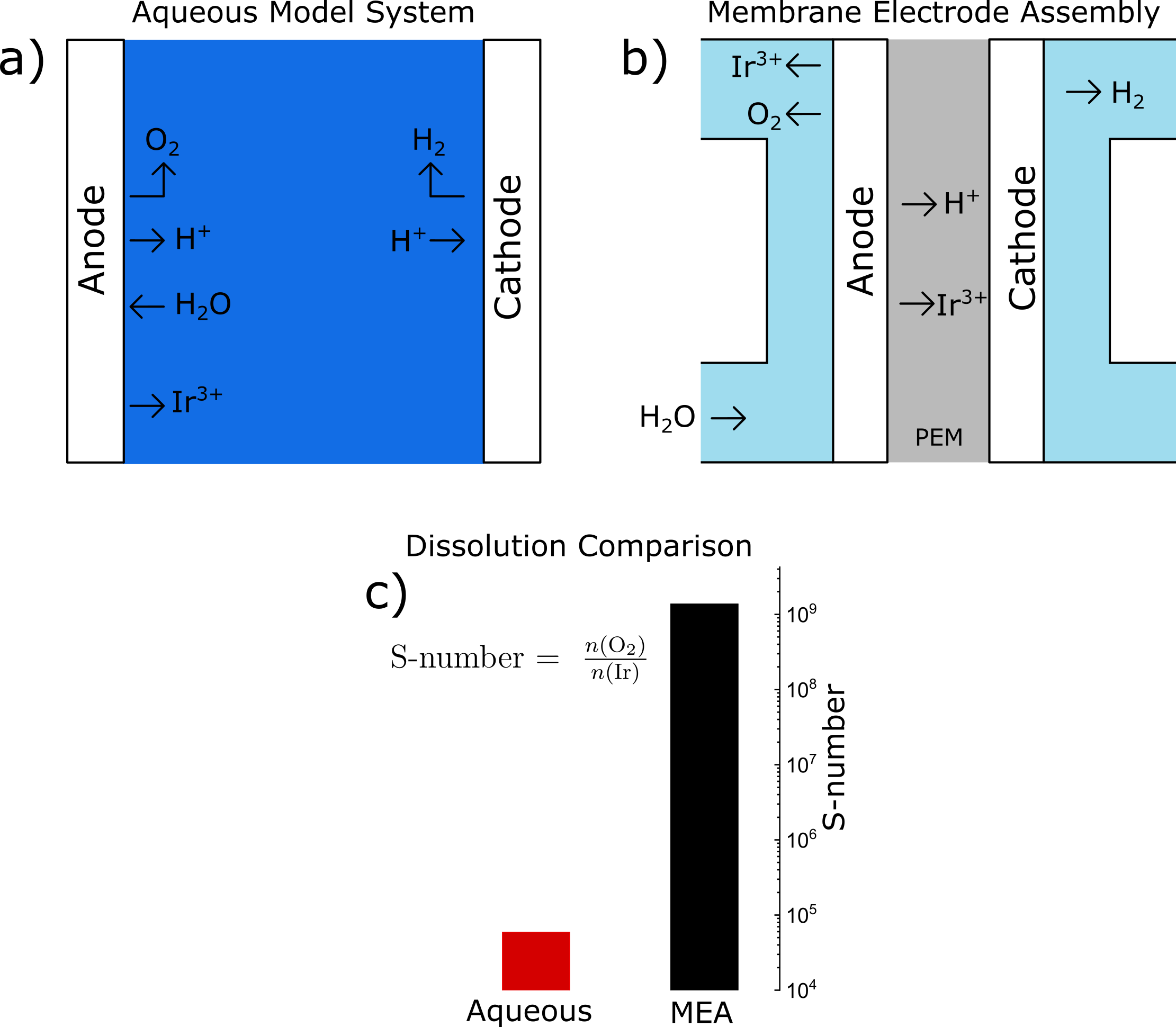
Our new paper On the limitation in assessing the stability of oxygen evolution catalysts using aqueous model electrochemical cells was published today in Nature Communications. In this work, we tackle the discrepancy in the lifetimes of oxygen evolution reaction (OER) electrocatalysts between aqueous model systems (AMS), which are commonly employed in fundamental research and polymer electrolyte membrane based membrane electrode assemblies (MEA), which are state of the art in today's water electrolyzers.
With a newly developed setup, we present the first measurement of real dissolution rate in an MEA system. A striking difference in the stability of an iridium oxide catalyst in the MEA system was observed compared to our established scanning flow cell coupled to an inductively coupled plasma mass spectrometer (SFC-ICP-MS). Thus, a series of measurements in AMS was performed to search for the origins of this discrepancy.
Our results indicate two main contributors being responsible for the dissolution discrepancy—first, a general overestimation of the acidity of the conditions in the MEA. Second, iridium oxide stabilizes in the MEA system on longer timescales.
We expect our findings to lead to a better understanding of OER catalyst degradation and, subsequently, to better performing water electrolyzers.
More details can be found in Nature Communications under the following link: https://doi.org/10.1038/s41467-021-22296-9.
Nico Röttcher will join us in April 2021 as a new master student!
22 March 2021
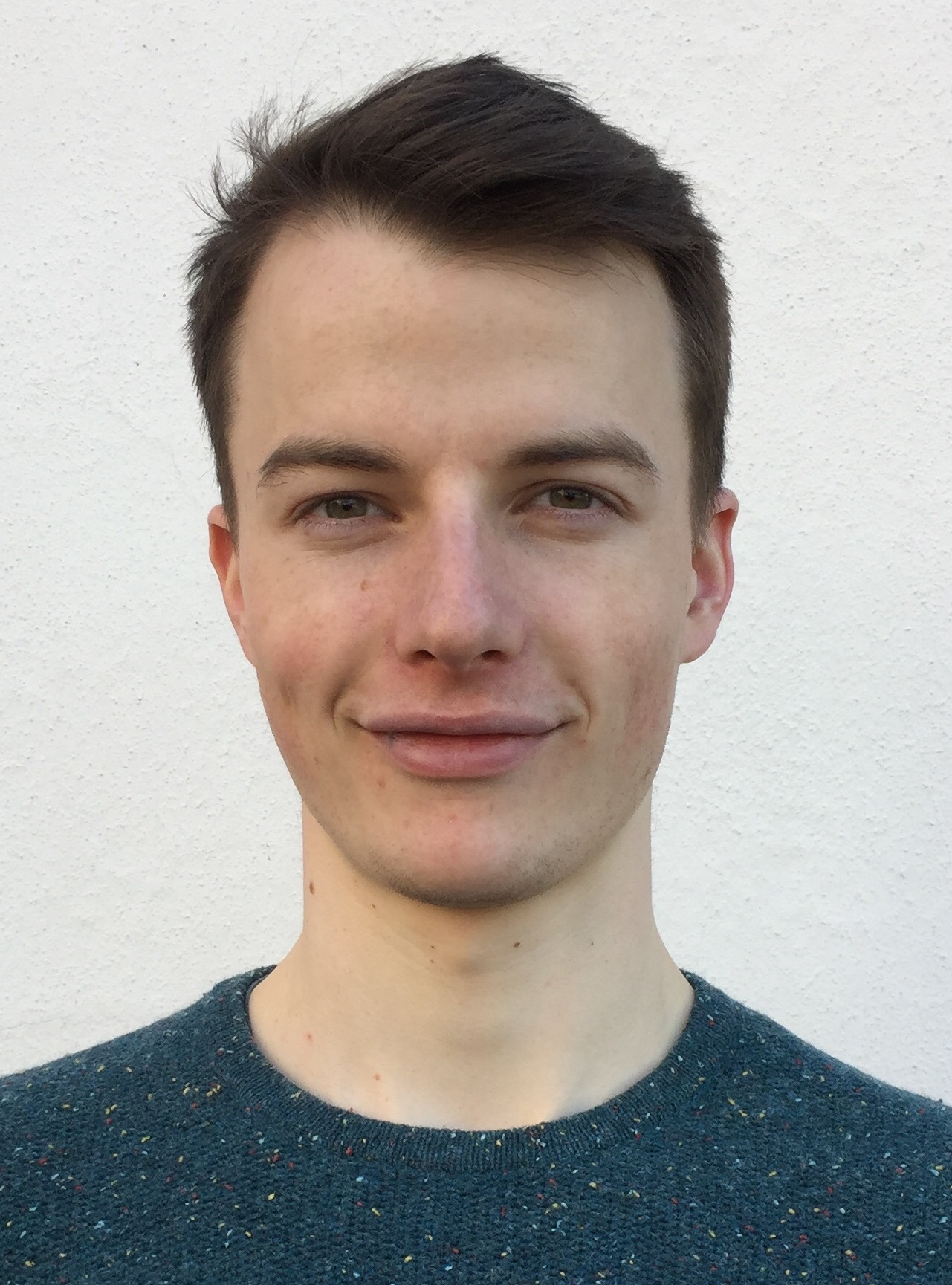
Nico Röttcher, master student at the Georg-August University Göttingen, will investigate electrocatalysts for the hydrogen oxidation reaction (HOR) for alkaline exchange membrane fuel cells (AEMFC). Thereby, he will focus on the performance of state-of-the-art electrocatalysts in high-current region using a gas diffusion electrode (GDE) setup. Additional electrochemical methods will be applied to gain mechanistic insights under realistic fuel cell potentials.
Moritz Geuß joined our team as a PhD student!
22 March 2021
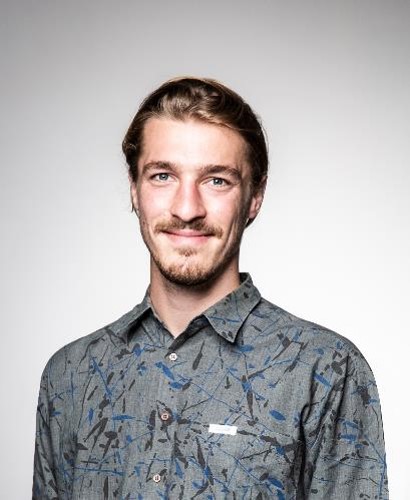
Moritz Geuß from the FAU Erlangen-Nürnberg will be working with us in the field of PEM Water Electrolysis, for details see our “Research” page. His research will focus on the degradation of the anodic catalyst layer during high current operation. Combining GDE setup, online ICP-MS and IL-TEM will help to understand degradation mechanisms during long-term operation of PEM Water Electrolyzers. This project will be realized with partners within HI ERN and from the industry.
Dr. Victoria Benavente Llorente will be awarded a Georg Forster Research Fellowship and join us!
17 March 2021
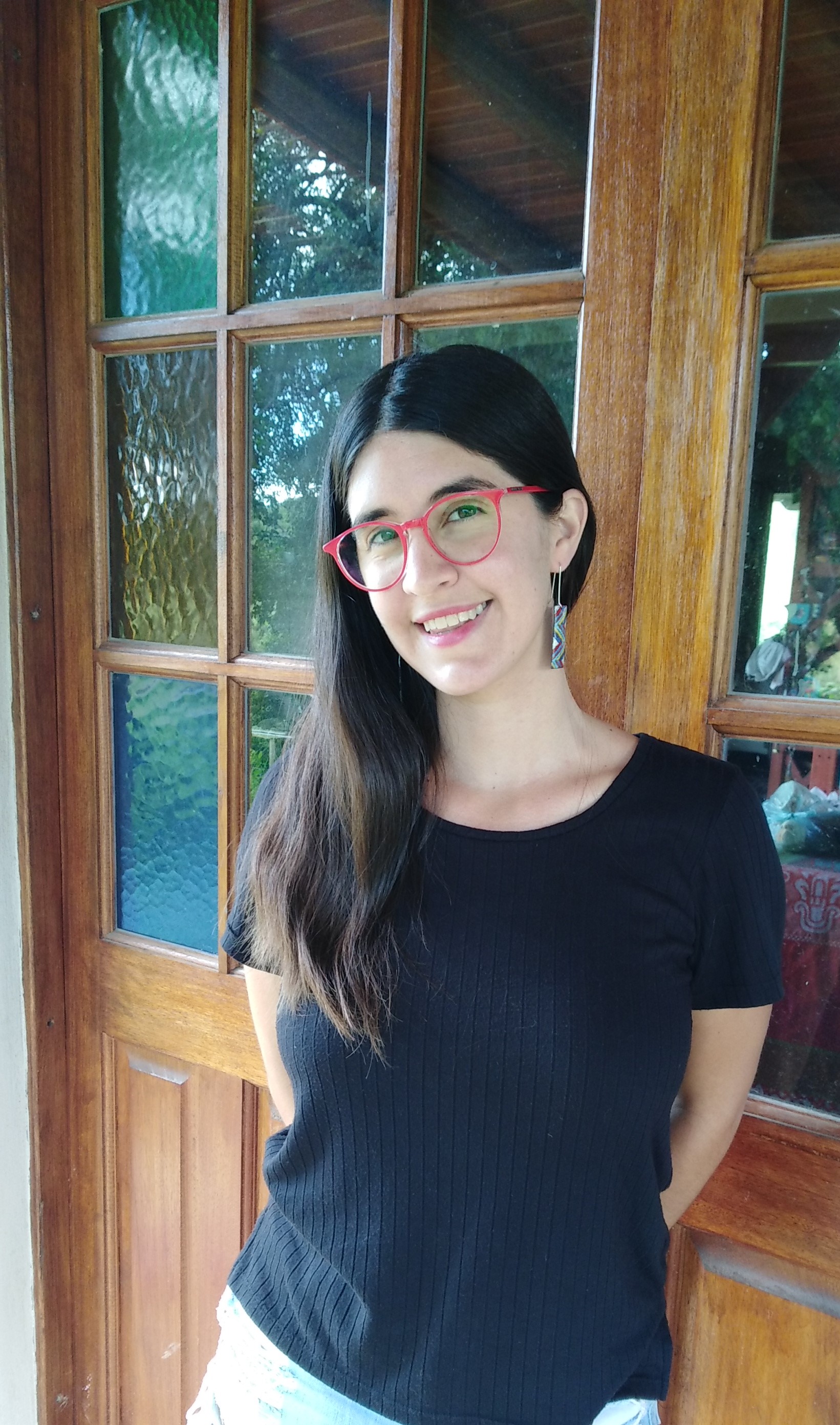
Dr. Benavente Llorente is getting a Georg Forster Research Fellowship for postdoctoral researchers, funded by the Alexander von Humboldt Foundation. And she will join us in September 2021.
Victoria received her Ph.D. in Universidad Nacional de Córdoba, Argentine. During her thesis, she focused on Spectroelectrochemistry and Photoelectrochemistry of nanostructured semiconductors. Her postdoctoral research was related to the hydrogen evolution reaction (HER) on Ni and NiMo composites electrodes. Victoria will investigate the degradation of α-Fe2O3 photoanodes during oxygen evolution reaction (OER) with mass spectrometry (ICP-MS). A deeper understanding of the photoelectrochemical dissolution of α-Fe2O3 is important to design strategies that prevent degradation.
We are looking forward to having you on the team!
Our collaborative paper on Pt(111) and Pt(100) was highlighted in "ESRF Highlights 2020"!
10 March 2021
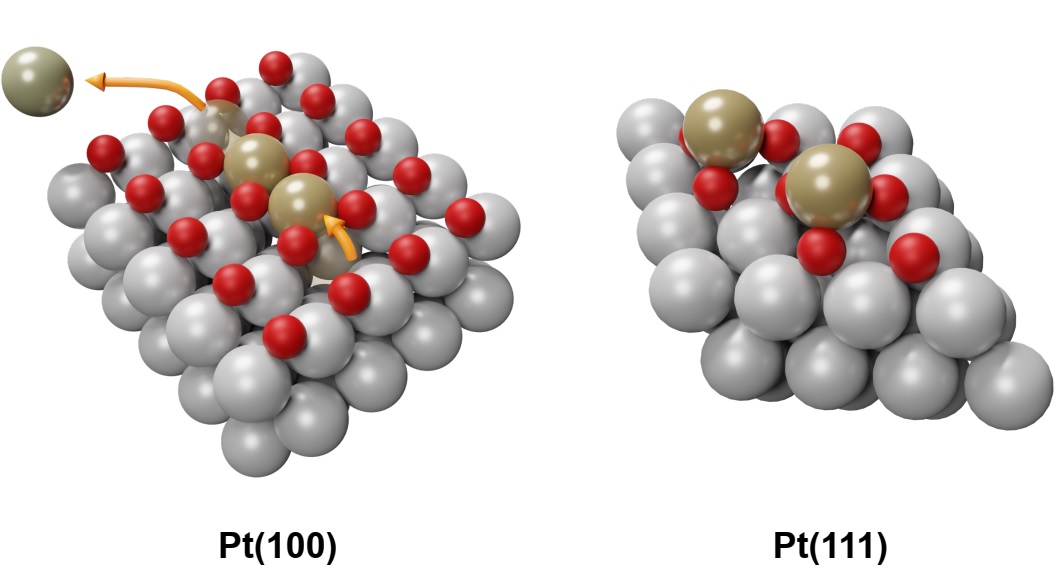
More details on this research is in the original paper - https://dx.doi.org/10.1038/s41929-020-0497-y.
Jakob Scholl is joining our group as a master student!
19 January 2021
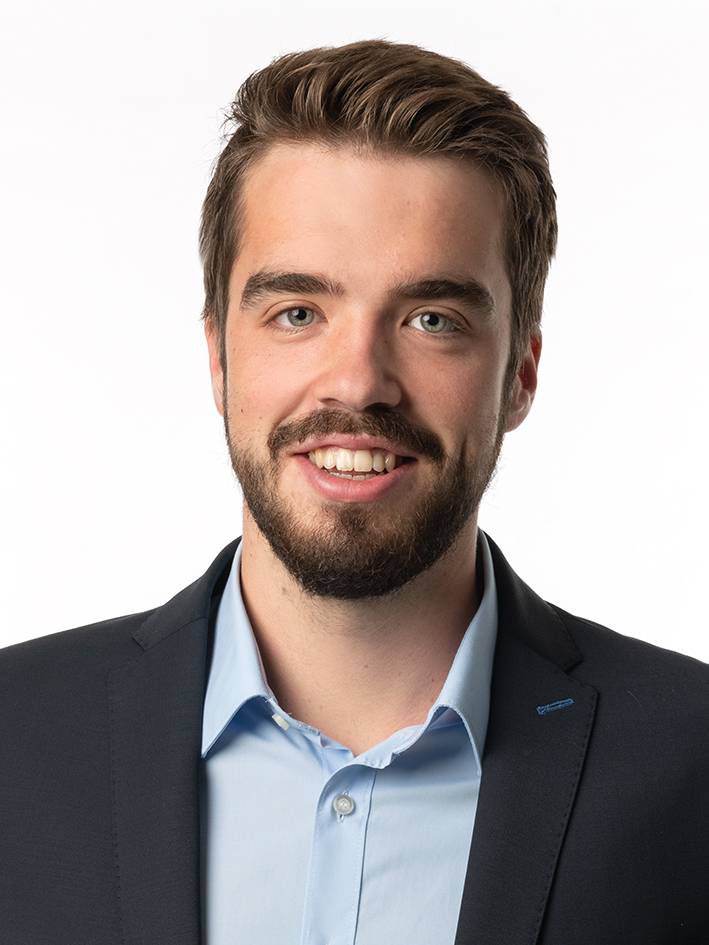
Jakob Scholl, who studies chemical and biological engineering at Friedrich-Alexander-University, investigates possible high-throughput methods for photoelectrochemical water splitting for his master thesis. The focus lies on developing a high-throughput synthesis route for photoactive anode materials. The materials are characterized by XRD, SEM, and LSM, and additional photoelectrochemical tests are carried out with a scanning flow cell setup.
Valentín Briega Martos joins our group as a PostDoc!
15 January 2021
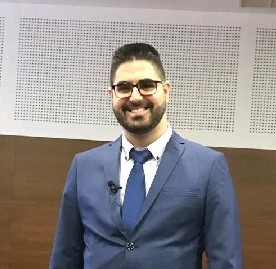
Dr. Valentín Briega Martos received his Ph.D. from the University of Alicante (Spain) and his previous research was related to the oxygen reduction reaction (ORR) on Pt single crystal electrodes. Valentín will investigate the mechanisms of the electrochemical oxidation, restructuring, and dissolution of Pt from a fundamental point of view by using Pt single crystal electrodes and shape-controlled Pt nanoparticles in mass spectrometry (ICP-MS) and surface X-ray diffraction (SXRD) measurements. This is important for achieving a complete understanding of Pt catalyst degradation on fuel cells.
New paper online: Pt dissolution in realistic fuel cell catalyst layers
15 January 2021
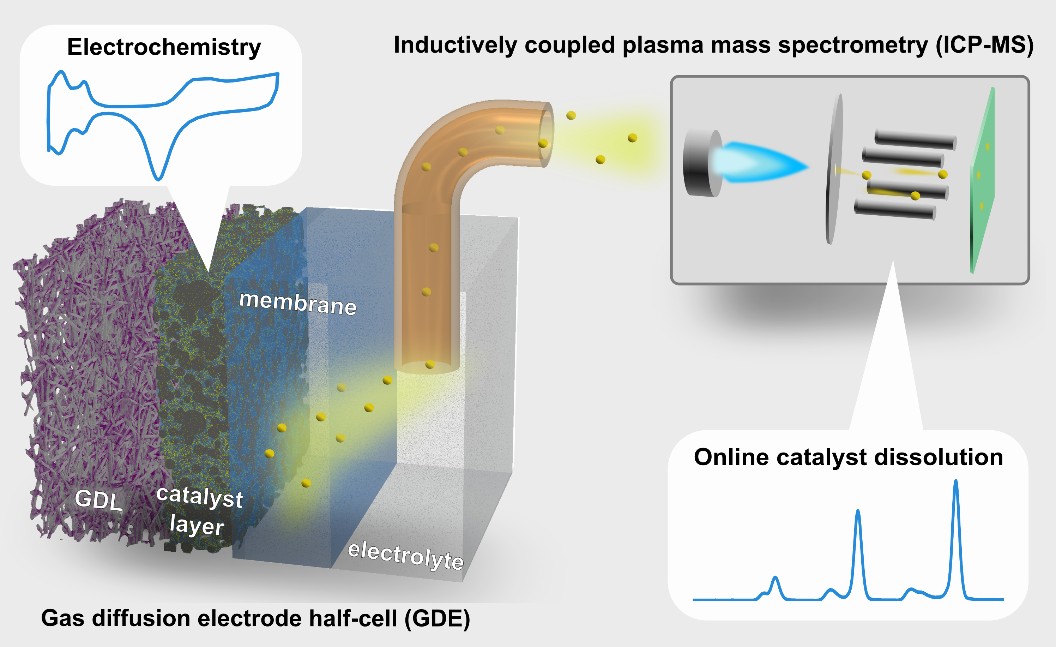
Our new work on Pt dissolution in realistic fuel cell catalyst layers was published in Angewandte Chemie. In this current work we present the first experimental approach to measure Pt dissolution in gas diffusion electrodes (GDE). Therefore we coupled our GDE half-cell setup with inductively coupled plasma mass spectrometry (ICPMS). With this, Pt dissolution in realistic catalyst layers and the transport of dissolved Pt species through Nafion membranes are evaluated directly.
We hereby observe that (i) specific Pt dissolution is increasing significantly with decreasing Pt loading, (ii) in comparison to experiments on aqueous model systems with flow cells, the measured dissolution in GDE experiments is considerably lower and, (iii) by adding a membrane onto the catalyst layer, Pt dissolution is reduced even further. All these phenomena can be attributed to the varying mass transport conditions of dissolved Pt species, influencing re-deposition and equilibrium potential. With the presented method we were also able to measure the diffusion coefficient of Pt species in Nafion, which can be of great importance when modelling fuel cell degradation.
More details can be found in Angewandte Chemie International Edition at the following link: https://doi.org/10.1002/anie.202014711.
Pascal Kaiser's master work is awarded with a prize from Evonik Operations GmbH!
21 December 2020
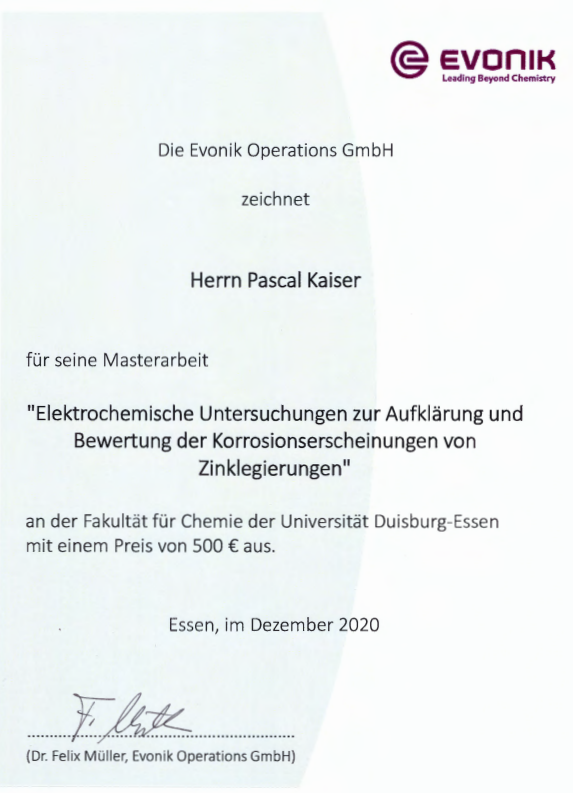
We congratulate Pascal with this achievement and wish him more awards and prizes for his upcoming works in our group!
Before joining our group, Pascal Kaiser did his master work at the University of Duisburg-Essen. During his master, he investigated corrosion of zinc alloys using electrochemical methods.
An invited talk at Frumkin readings 2020!
30 November 2020
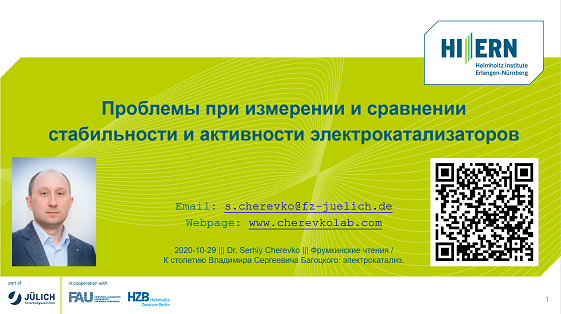
At 44th Frumkin readings (44 Фрумкинские чтения), Serhiy was talking about the problems in measuring and benchmarking of stability and activity of electrocatalysts. The talk (in Russian) is available on YouTube "Проблемы при измерении и сравнении стабильности и активности электрокатализаторов".
More details on the event and other talks can be found at the webpage of the Moscow State University - http://www.elch.chem.msu.ru/wp3/index.php/ru/science/chtenia/.
5 November 2020
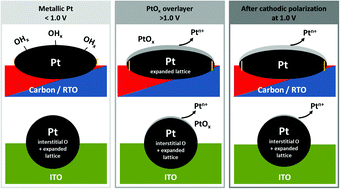
Being selected as a 2020 HOT PCCP article, our collaborative paper titled "Anisotropy of Pt nanoparticles on carbon- and oxide-support and their structural response to electrochemical oxidation probed by in situ techniques" is made free to be accessed until the end of January 2021.
Mária Minichová is joining our group as a PhD student!
2 October 2020
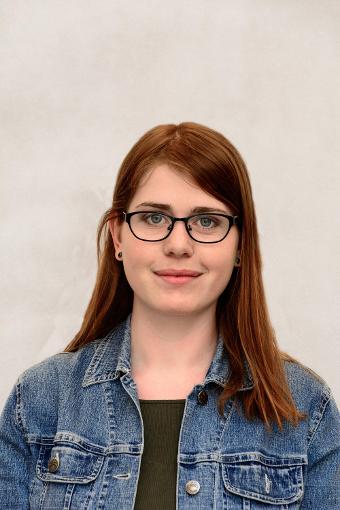
Mária Minichová from the University of Chemistry and Technology Prague (Czech Republic) will focus on high-throughput synthesis of model electrocatalyst libraries for LOHC fuel cells. Mária will investigate the synthesized libraries using physico-chemical characterization tools (laser profilometry, SEM, TEM, XPS, etc.) and carry out electrochemical measurements using scanning electrochemical flow cells.
Pascal Kaiser is joining us as a PhD student!
2 October 2020
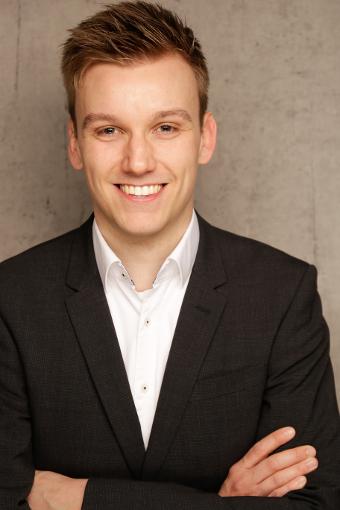
Pascal Kaiser, who received his Master of Chemistry from the University of Duisburg-Essen (Germany), will support the interdisciplinary research project to investigate catalyst layers by using our gas diffusion electrode (GDE) setup. The focus of his research will be on advanced catalyst support materials. Thereby, the structure-performance relationship will be investigated to gain deeper insights into mass transport phenomena in catalyst layers for low Pt metal PEMFC.
Florian Speck wins a poster prize at the Electrochemistry undercover from GDCh!
24 September 2020
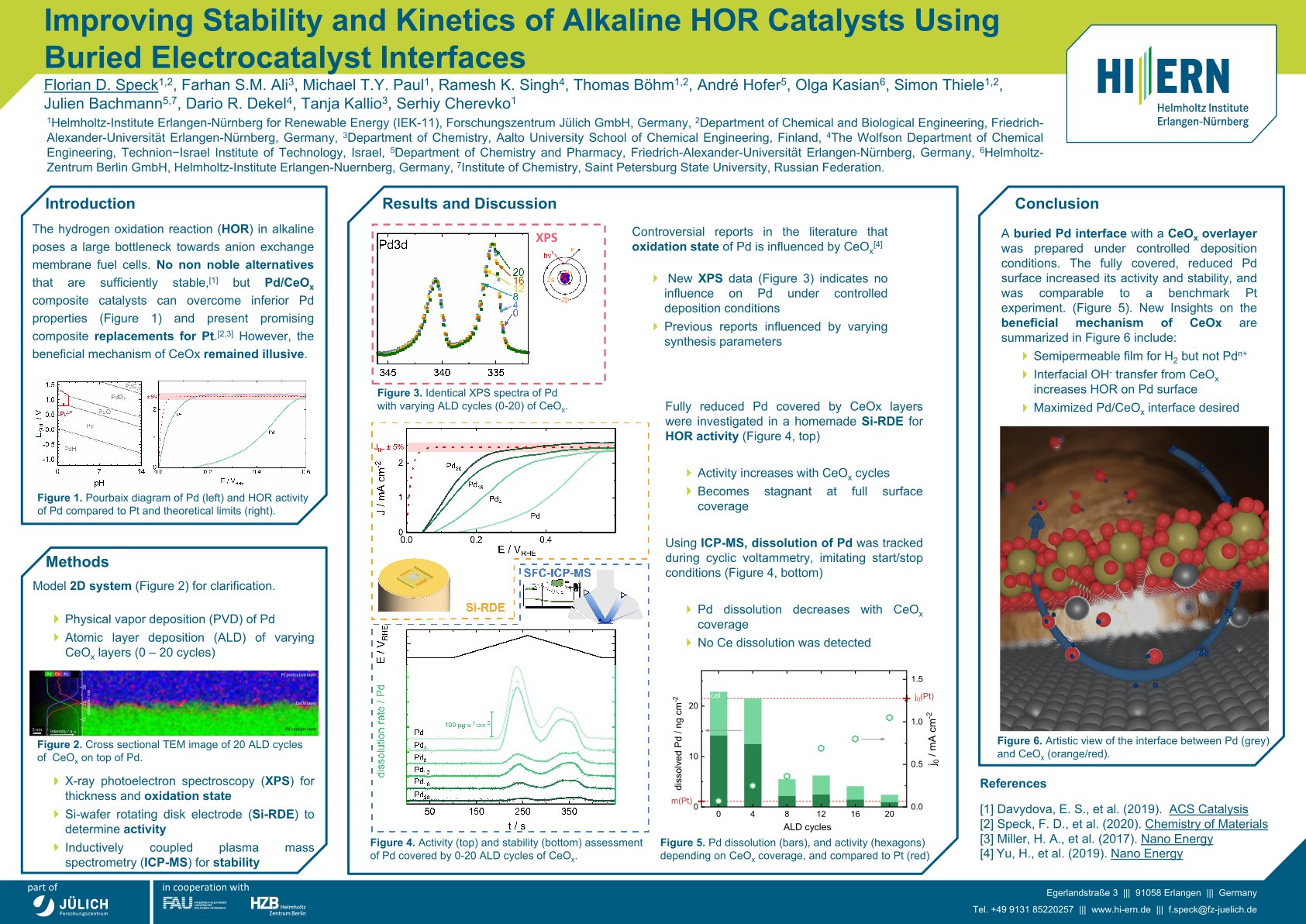
More details can be found at Chemistry of Materials: https://pubs.acs.org/doi/abs/10.1021/acs.chemmater.0c02048
Konrad Ehelebe wins a poster prize at the 71st Annual ISE Meeting Belgrade Online!
8 September 2020
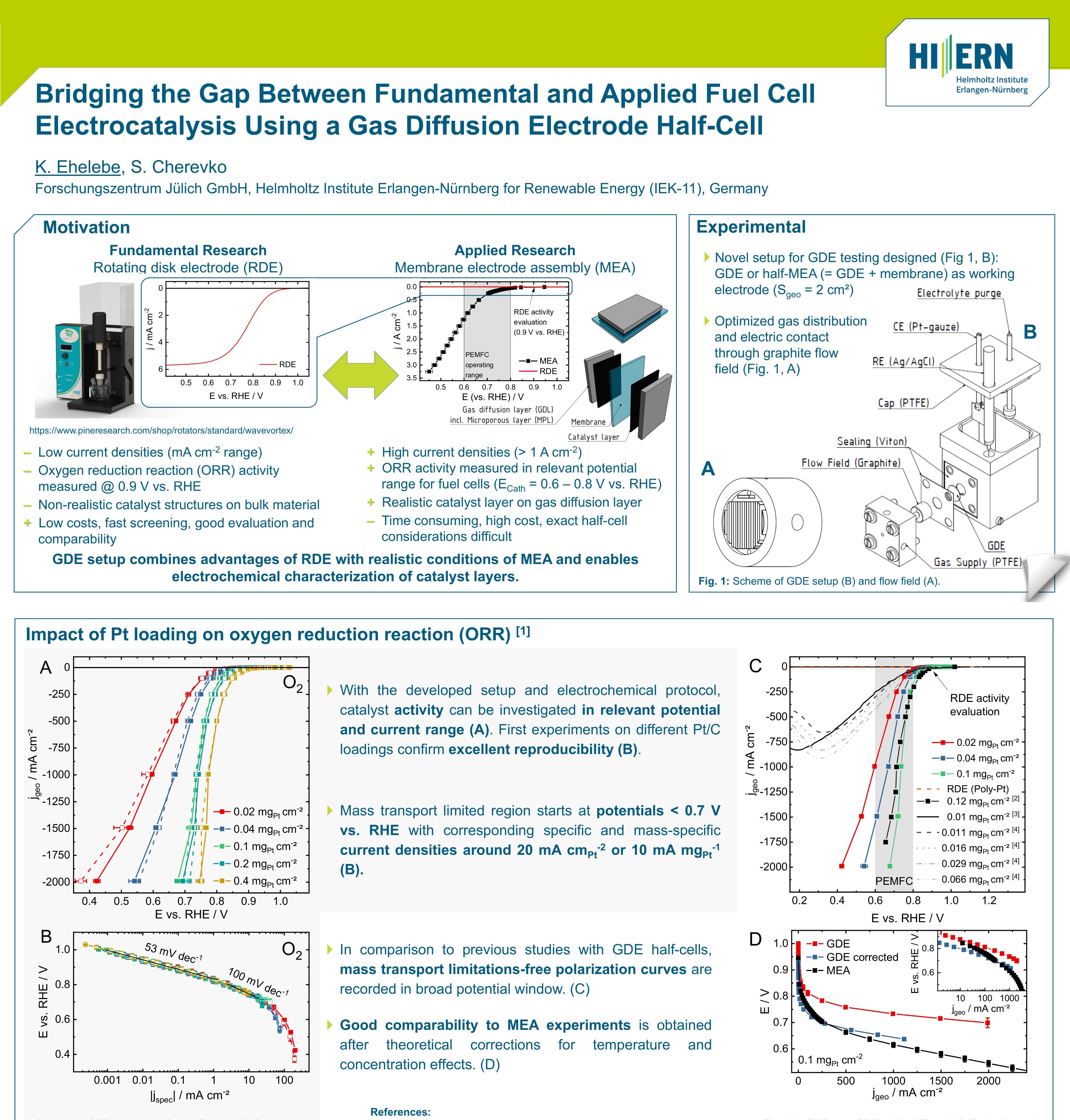
More details can be found online - https://www.ise-online.org/
Dr. Cherevko's newly released opinions on a new recycling approach in ChemistryWorld
1 September 2020
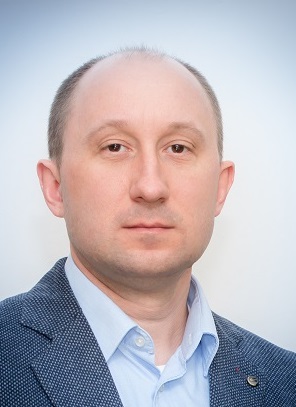
More details can be found online -
https://www.chemistryworld.com/news/noble-metals-dissolved-without-aqua-regia/4012369.article
31 August 2020
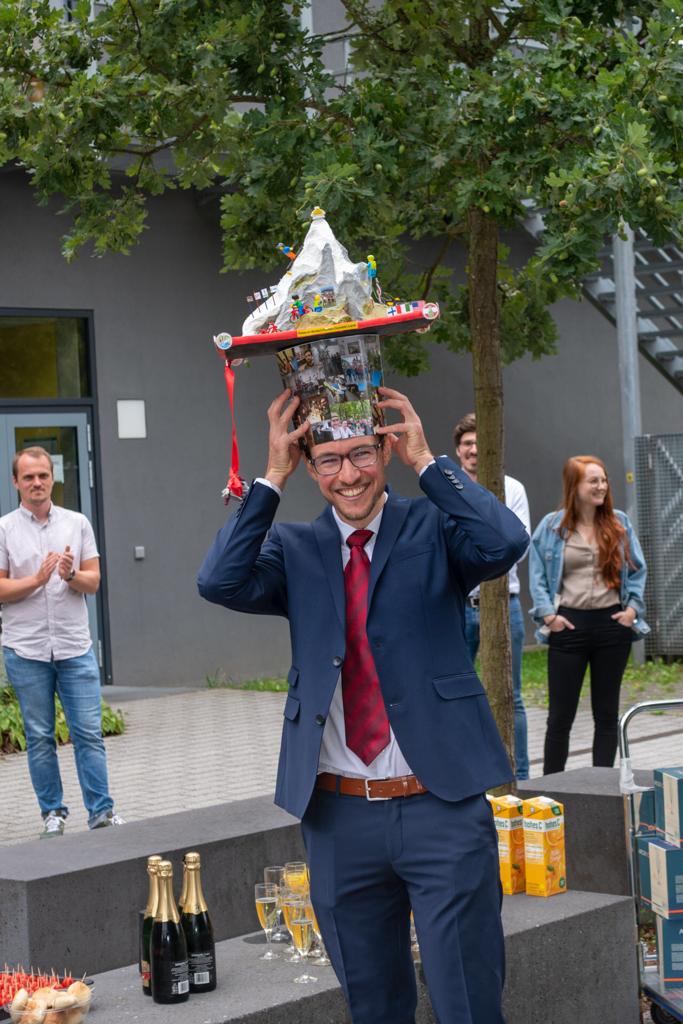
He joined our group at the Max Planck Institute for Iron Research in 2017 and was part of the CREATE project. After the move to Erlangen, his main task concentrated on identifying stable catalysts for anion exchange membrane fuel cells and electrolyzer testing. He also developed interests in various other fields of degradation pathways, as well as high throughput synthesis approaches.
We wish Florian all the best for the future.
